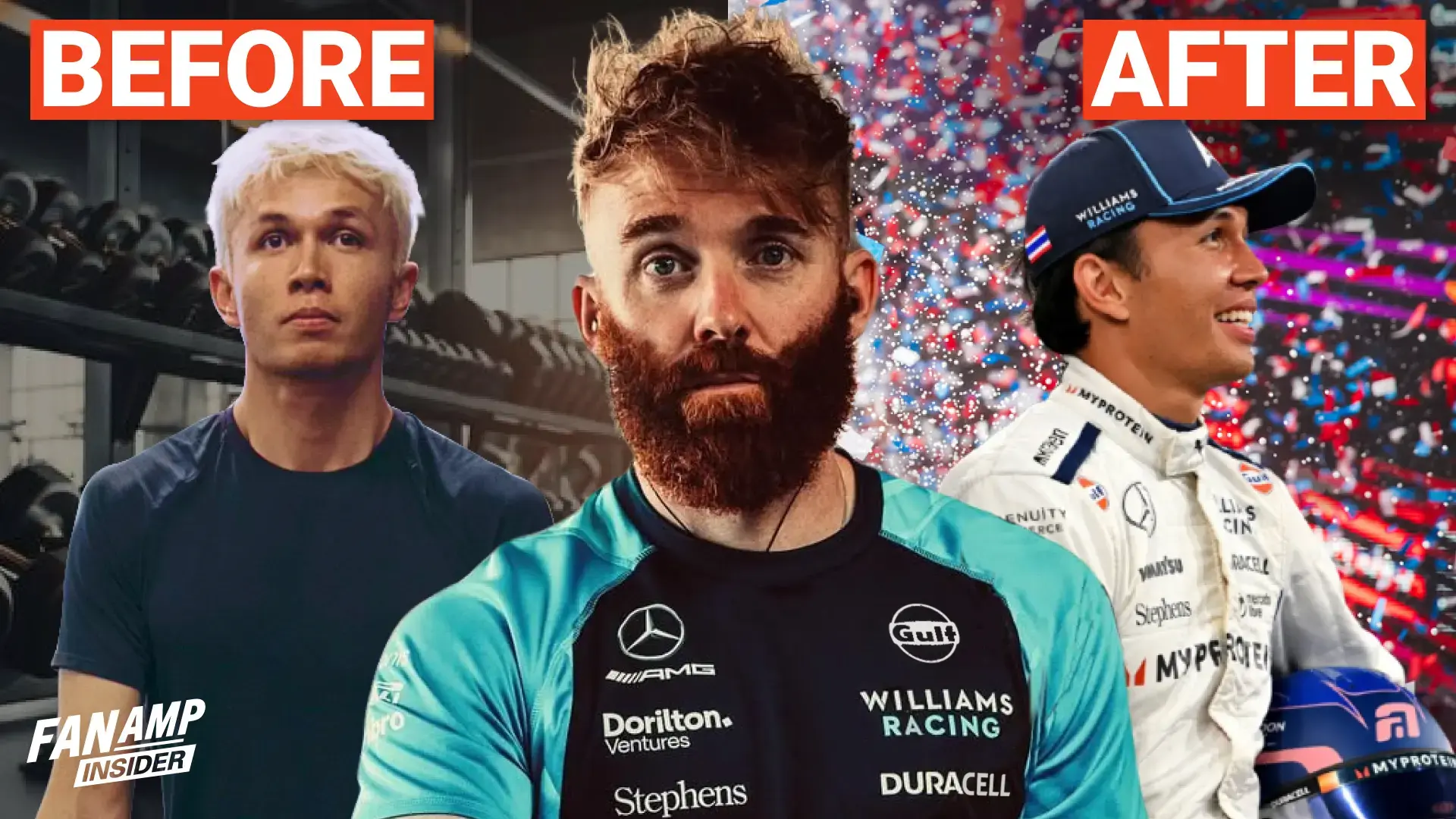Behind every successful driver is an engineer turning complex figures into actionable insights. Pedro Matos, Chief Race Engineer for Prema's F2 team, has made a career doing exactly that.
Position: Chief Race Engineer for Prema in Formula 2
His Role in One Sentence: A lot of time is also spent with the drivers to go through the data and to do as much prep work and post-session work as we can, and trying to maximize the performance.
Pedro's early career and start in racing
#1. What was the first moment you discovered racing?
I can’t really recall it because I think it was so early that I was young and can barely remember it. My dad was very passionate about racing, so I was born into the racing world already. He used to do a bit of racing himself, so I grew up listening to the stories and being involved in the world and that’s really how it started.
When I was little, we did some go-karting, I tried to- I asked my dad to let my brother and I start go-karting. There's a funny story actually because he said that if we would like to do it then we would have to get the money ourselves. So me and my brother ended up creating this business to walk our neighbors' dogs to get the money for the go-karts. So it was a bit of a lesson from my dad. I was like 10 and my brother was 6.
So, that's really how we started. And from then on, we used to go-kart a bit and that's how I really got into it.
#2. When did you decide the racing industry is where you wanted to build your career?
I think it got to the point where I had to decide the career path I wanted to take and it was only normal for me having been involved in the sport since I was young. Then I decided that I wanted to pursue the career of engineering and use what I learned from my racing in what my job is now.
#3. What was the first step you took to launch your career in racing?
I'd say it's when I decided to move to England to study motorsport engineering. I came to the UK when I was 18 and I did my degree in motorsport engineering. That’s when I learned about the more technical side of the industry after having been involved in more hands on and track side stuff. That was probably the first move.
And then from then on it was about staying in England. I managed to get a few internships with a few race teams and ended up getting a job, a longer term job, here in England before I joined Prema in 2019.
Pedro's current role
#4. What’s your current role and what does a standard day look like?
My current role is the Chief Race Engineer for Prema in Formula 2, and I run Gabriele Minì who drives the car number 10.
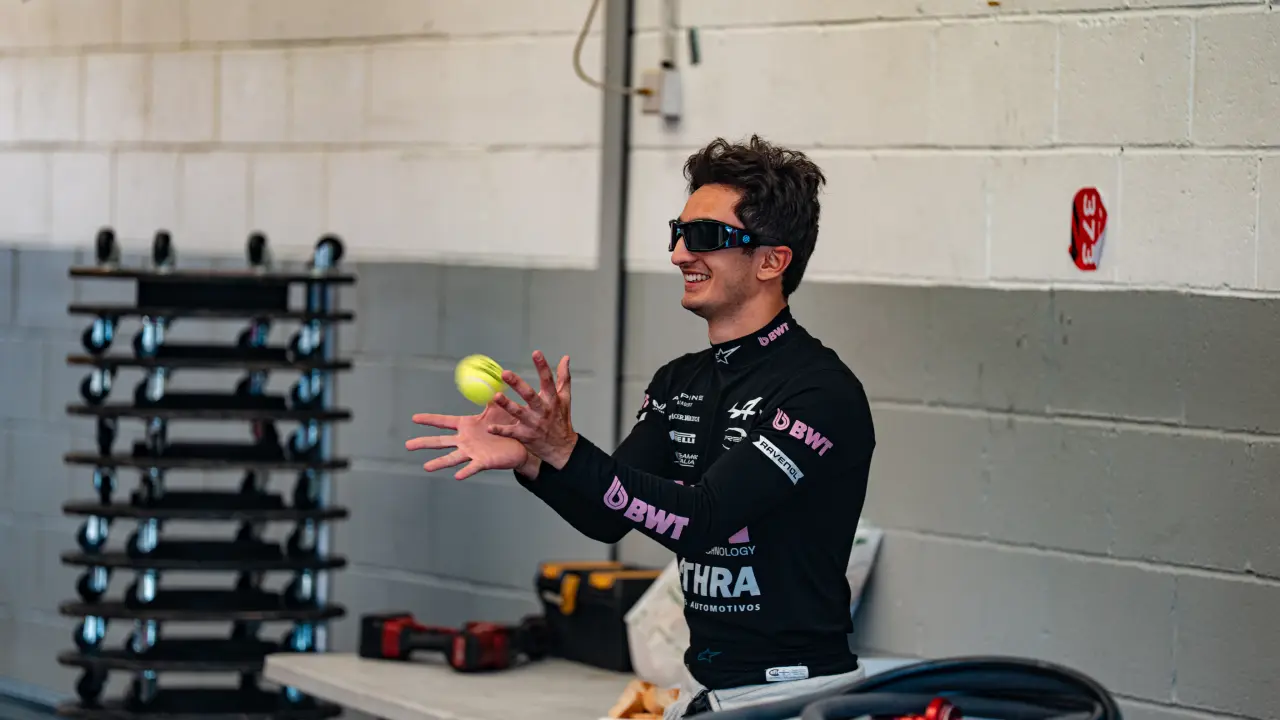
My standard day depends a lot on whether or not I’m at the track or at the workshop. At the track, everything is in the middle of the action. The day will probably start with a few meetings with the team, usually about communication and organization. When we’re at the track it's really about going through the motions of what we’ve prepared and what we’ve done at the factory back home. It’s about execution.
So we start off with meetings between the engineers to decide the car build, set up, strategies, and this is then translated to the mechanics where we tell them what the plan is and what the day is going to look like.
A lot of time is also, obviously, spent with the drivers to go through the data and to do as much prep work and post-session work as we can, and trying to maximize the performance.
A day at the workshop is more about the post-event analysis and the pre-event preparation, so we'll do reports on what the findings were from previous weekends- on how the last race went and the main areas we need to improve. Through simulations, we work together with the engineers and data analysts to come up with a plan for what’s coming up in the next races.
#5. What are the most rewarding and the most challenging parts of your role?
Rewarding
The most rewarding is seeing everyone's happiness when things are going well, especially the mechanics and people involved with the team. They spend long hours away at the track- away from their families and away from home. It can be a very challenging job because there's a result and our performance at the end of the day. And it's sometimes out of our control. Their effort doesn’t change whether we get a good result or a bad result.
I would say, for me, the most satisfying thing is seeing them happy or seeing a driver improving and watching their development throughout the season.
Challenging
I think the most challenging thing is the opposite of that, when things are not going as well. Trying to make sure everyone is still motivated and aware of the areas we need to improve. But more importantly, we need to keep the team focused on what we’re doing well and keeping the team environment positive. My favorite moment is when we do the podium selfie at the end of a race that goes well.
#6. What are the top 3 qualities that have helped you succeed in your role?
Passion
Passion is a big one because it’s a tough job in the sense that you need to be passionate to do it. You have long hours at the track, traveling a lot which means a lot of time away from the family.
Dedication
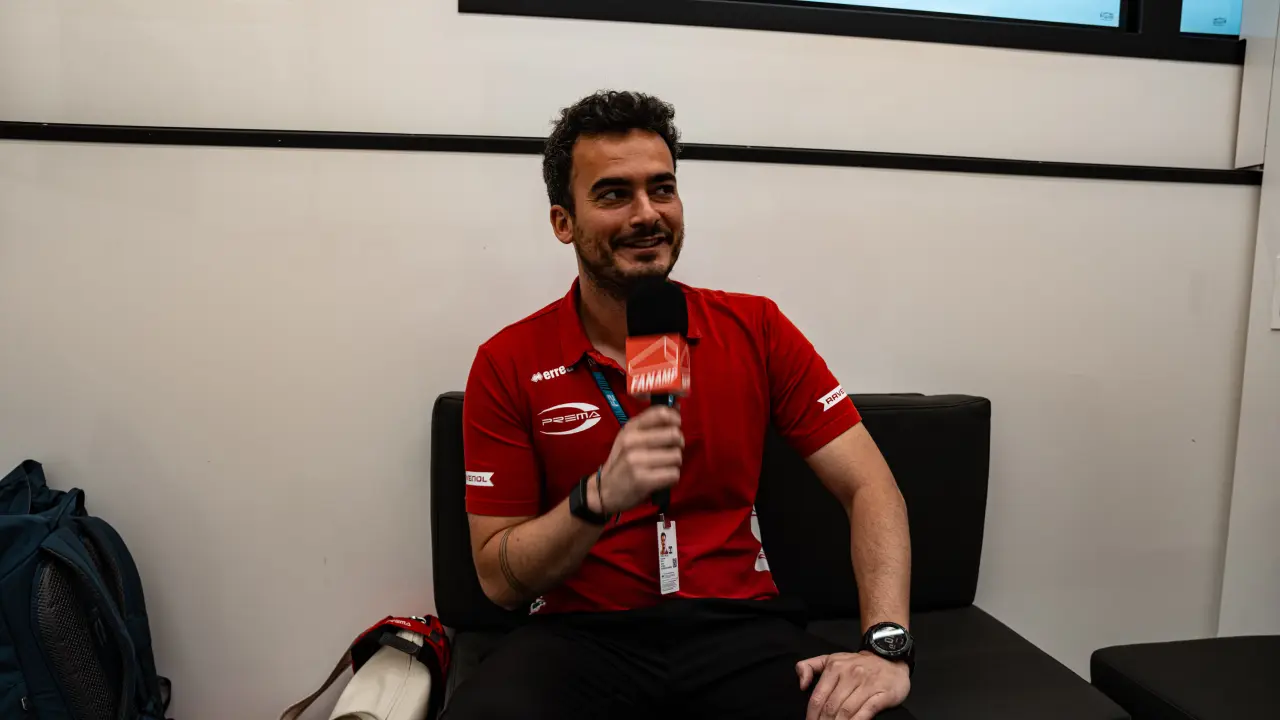
Empathy
Empathy is also something that helps in the position I'm in. There is a big part of the job that is based around dealing with people on a human level. You work with drivers, young drivers in our case, that are pursuing their dream and you need to have empathy to understand what they’re going through. You need to know when they’re going through struggles or when things are going really well. You need to be able to understand how to keep their feet on the ground and guide them through whatever they need to do.
I think you need empathy to be able to communicate in a way where they can understand you while being on the same wavelength as them.
Pedro's advice
#7. If you could go back and give advice to your younger self, what would that be?
I would probably say not to give up when things get too hard and don’t be afraid of going a bit into the unknown. Don’t be afraid to feel uncomfortable in the beginning.
I’m able to be in the position I’m in now because I made some decisions that, at the time, were not comfortable. Things like moving to another country or going to a job where I wasn't sure I'd be able to the job- or to be prepared. You kind of need to force yourself a bit into that uncomfortable position and that’s what makes you grow and evolve.
#8. What advice would you give to someone looking to be in your position?
I think, nowadays, the main thing is to try and set yourself apart from others, meaning that you should try and get as much experience as you can, hands on, with motorsport. To be honest, it’s probably harder these days because the sport has grown a lot from when I started. There’s a lot more people wanting to do the job that I have and to be involved in motorsport. So I would say the main thing is trying to get as much hands-on experience as possible.
Greg: Was there something you did to set yourself apart?
I had the fortune of being a driver myself which gave me the experience of actually learning how the drivers feel and what it’s like to be a part of the team at a very young age. I think that’s something that helps me a lot in the job that I do today because I am dealing with drivers directly- I have to be able to communicate with them.
When I was younger, I always managed to try and be involved and to try and work for a team. I had a few internships where I was able to gain some valuable experience that then gave me the jobs that I got afterwards. I think the most difficult thing is to get into the motorsports world and then once you’re in there, you can progress and depend on yourself.
Pedro's career highlights
#9. What has been the most memorable moment of your career so far?
Luckily I have a few, especially working with a team like Prema - a very successful team. There's always been very good results. I would probably highlight one result in particular: when we won the F3 Championship with Dennis Hauger in 2021. A more recent one would be when we won the feature race with Frederik Vesti in Monaco. That was also a very special moment.
#10. If you could swap places and drive the car on race day, which of your past drivers - or current - would you promote to be your race engineer?
I think I’d probably choose Oscar Piastri because he’s always been a very analytical driver and always looks through the data. He's also very calm which helps when doing the race engineer bit.
Want to learn more about other professionals across motorsport series? Then check out all of our Fast Lane interviews, or jump right into one of these:
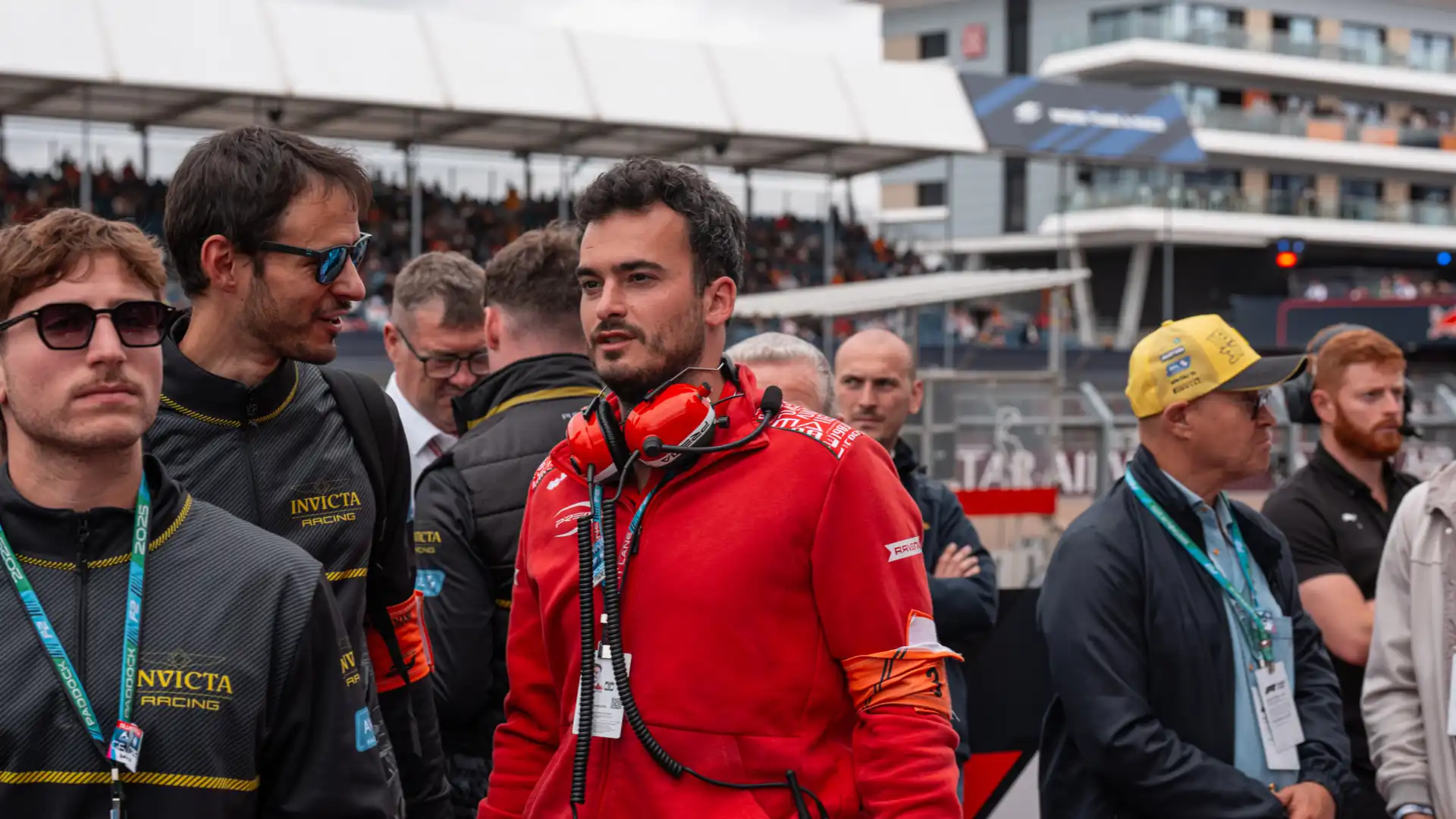

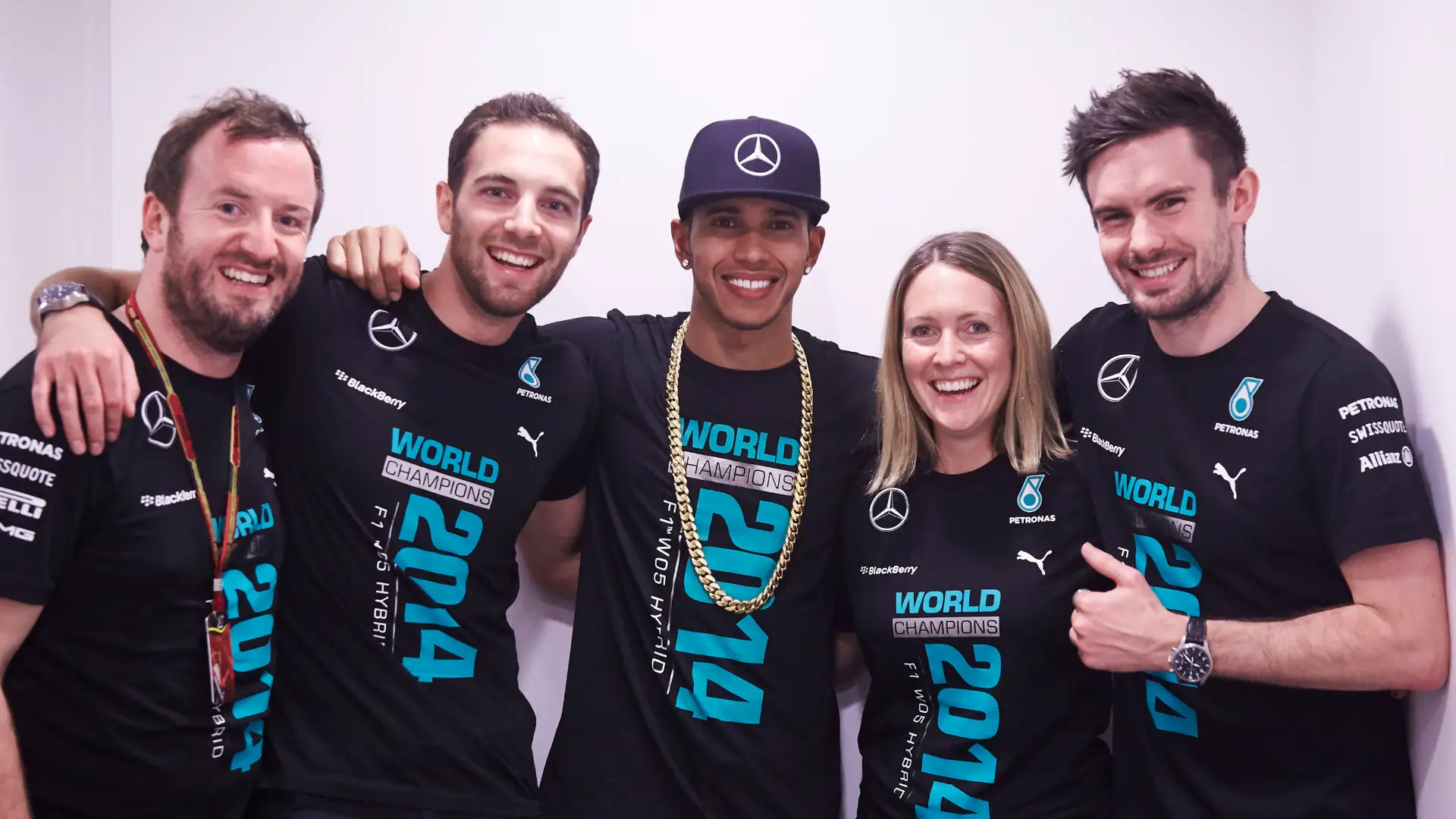
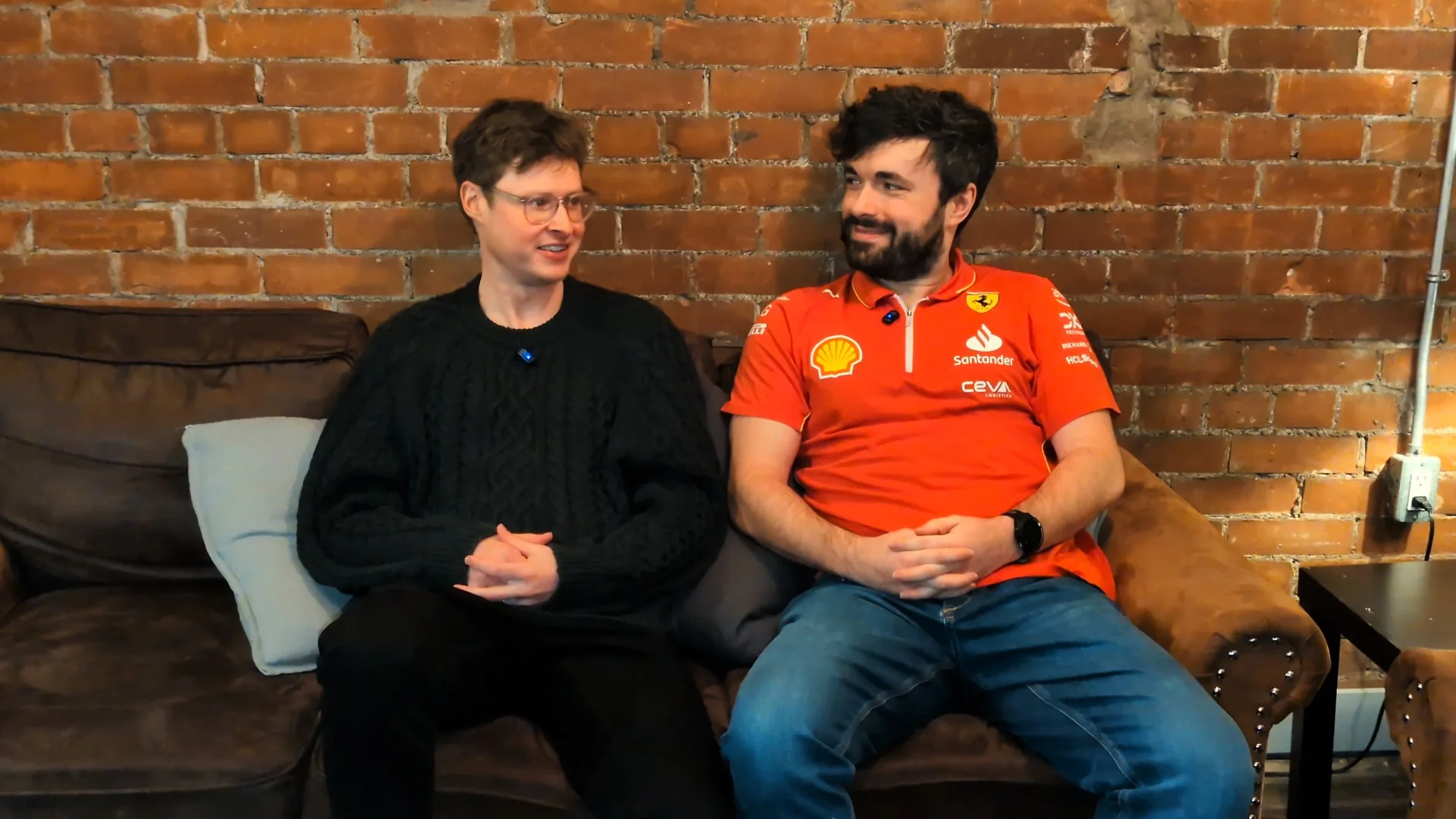
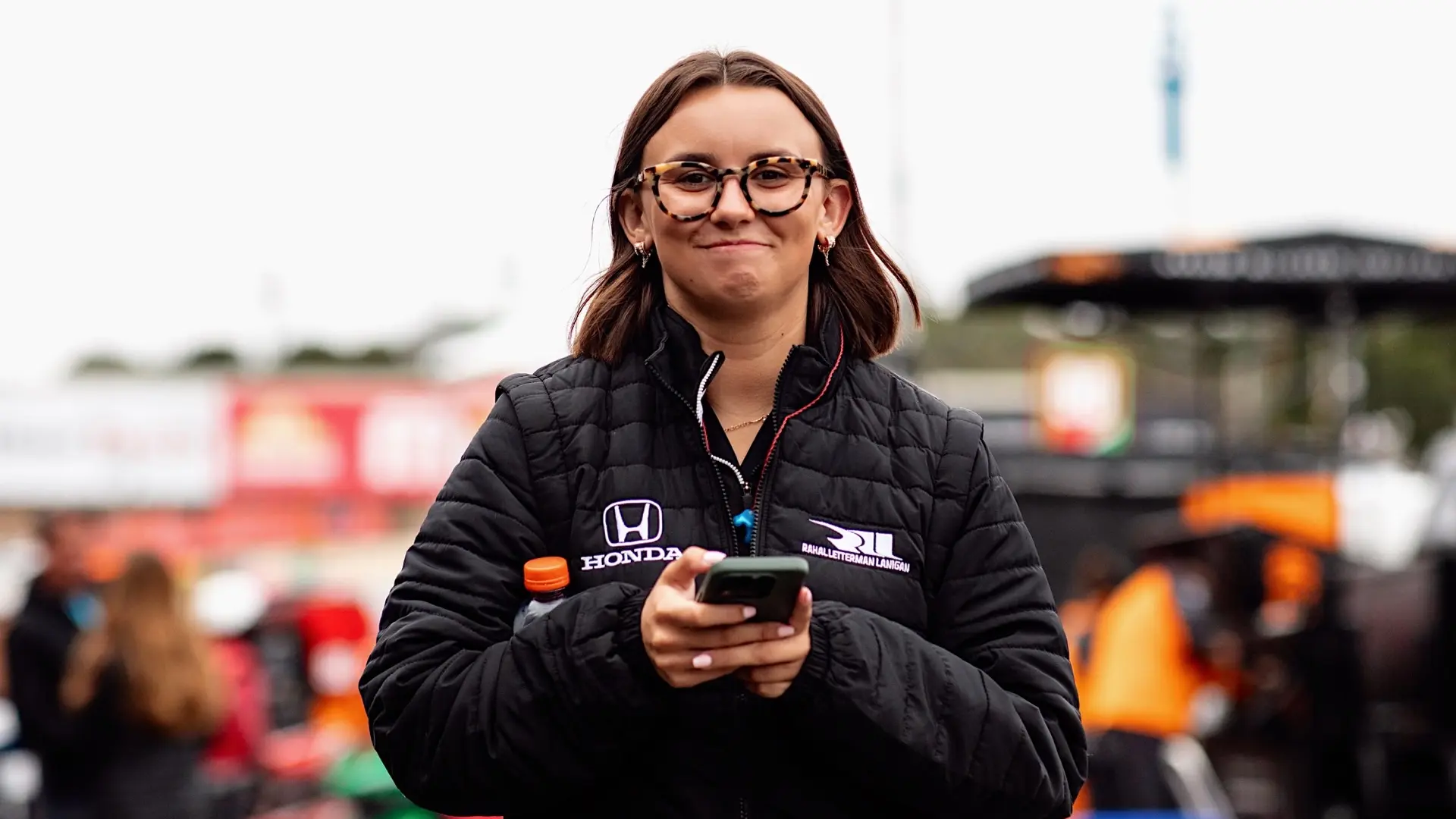

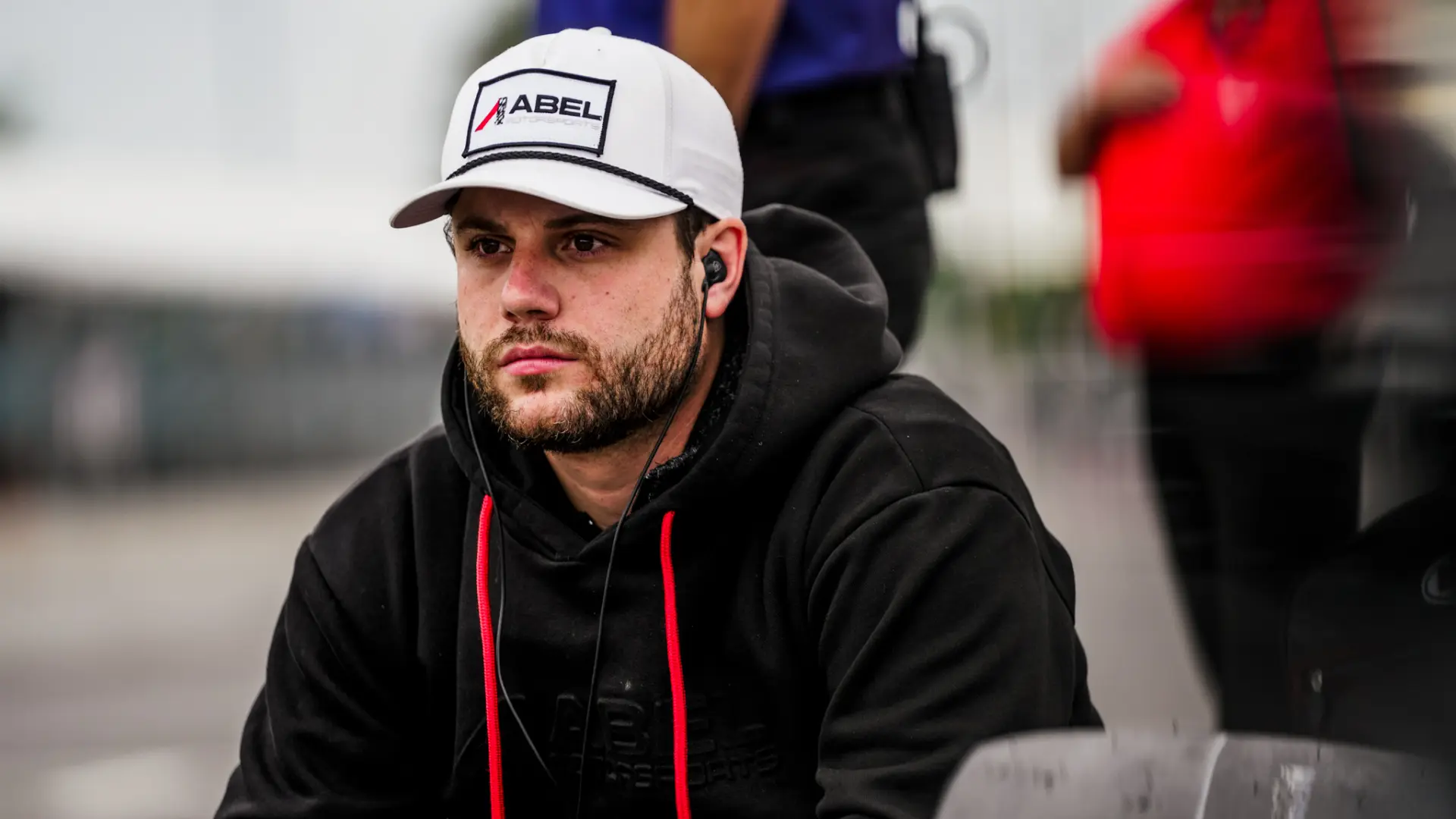

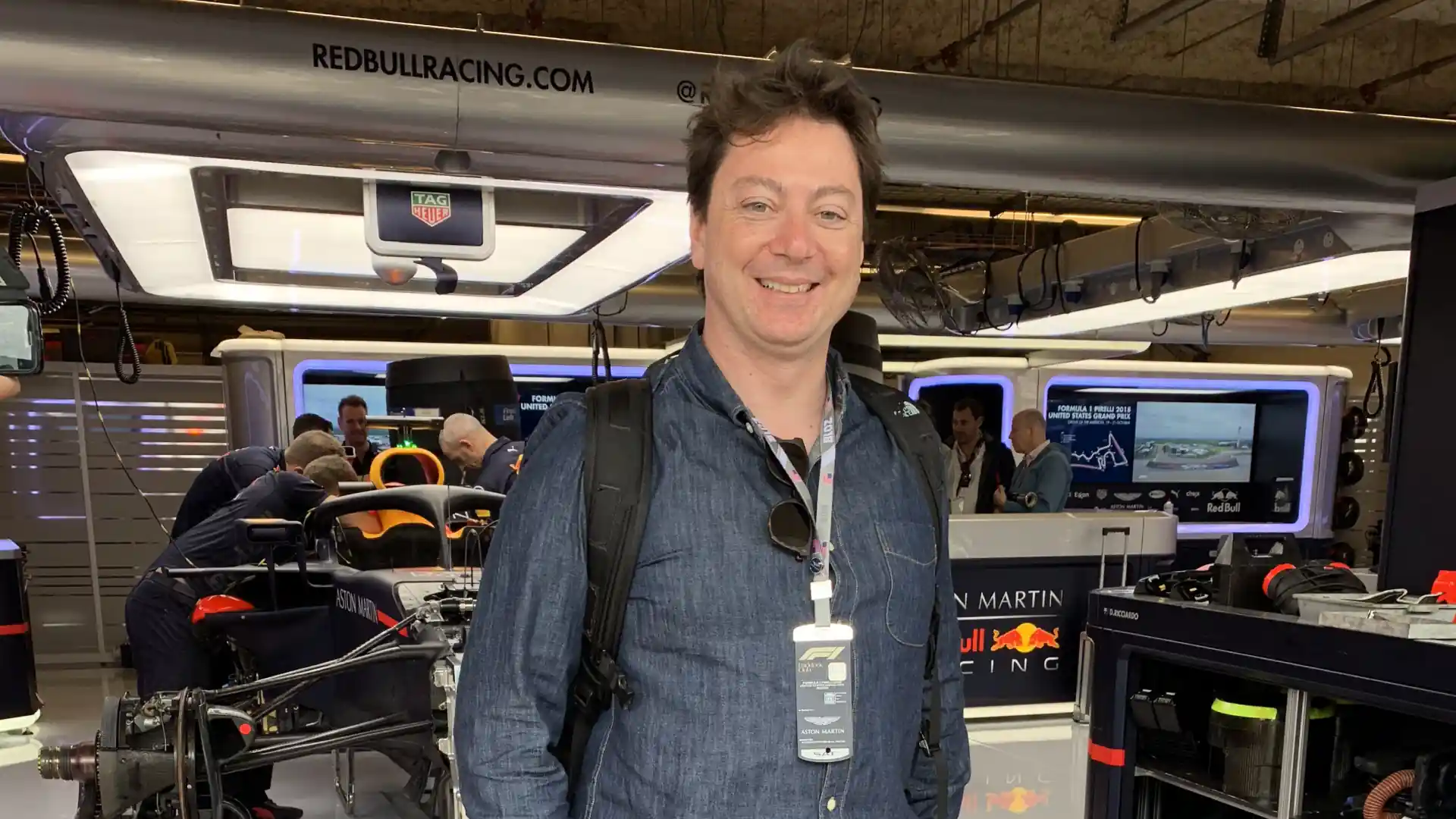
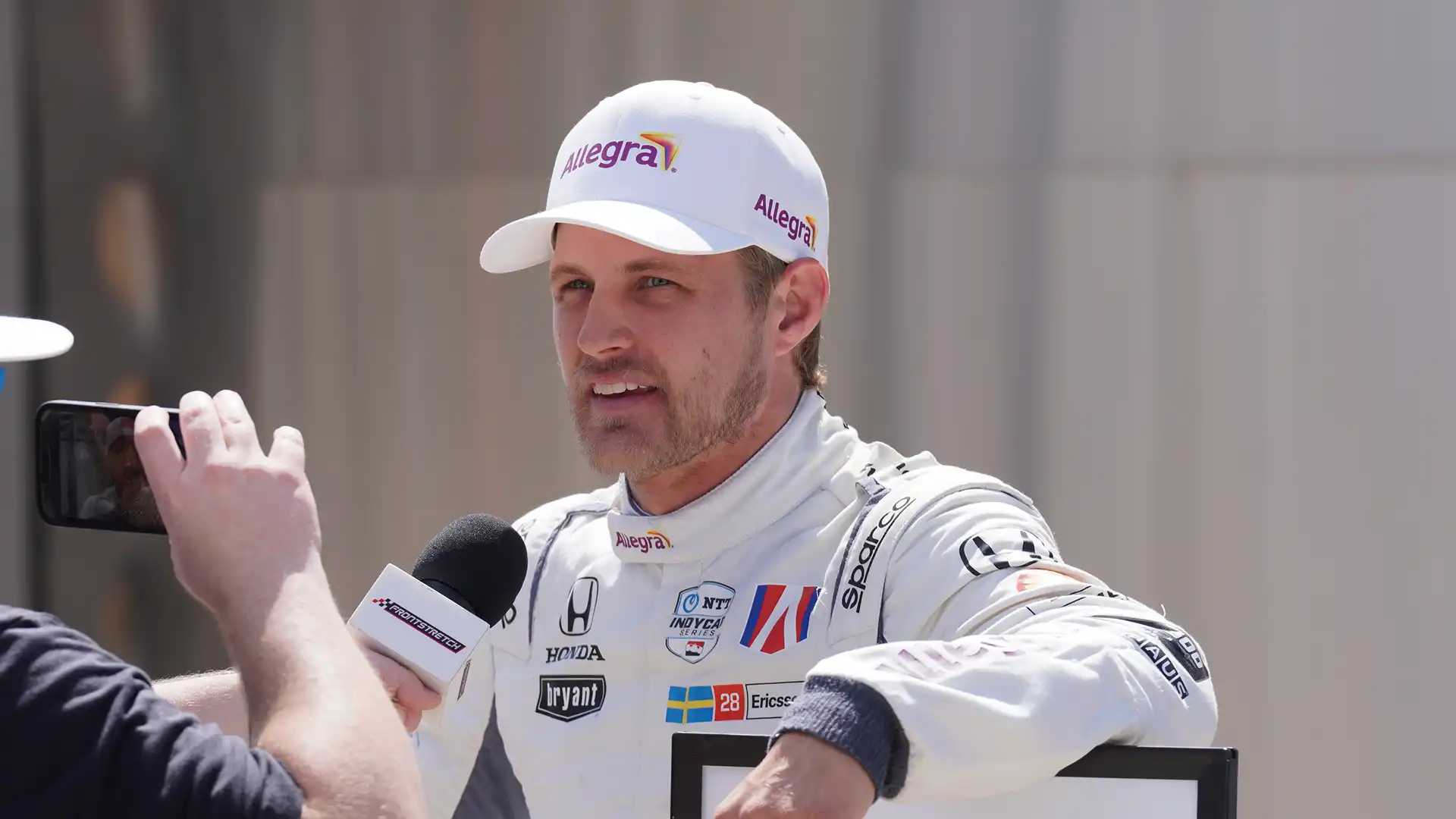
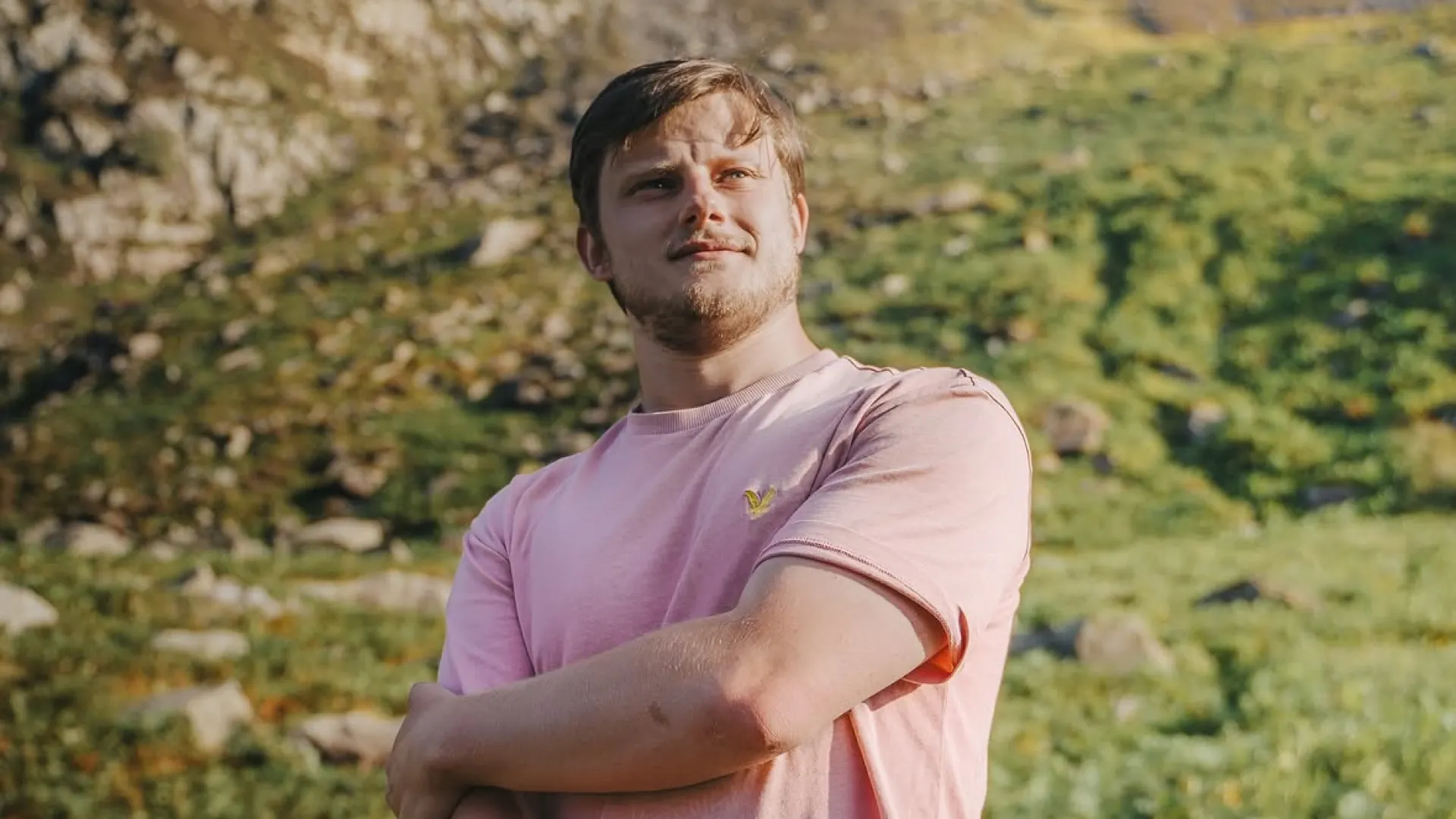
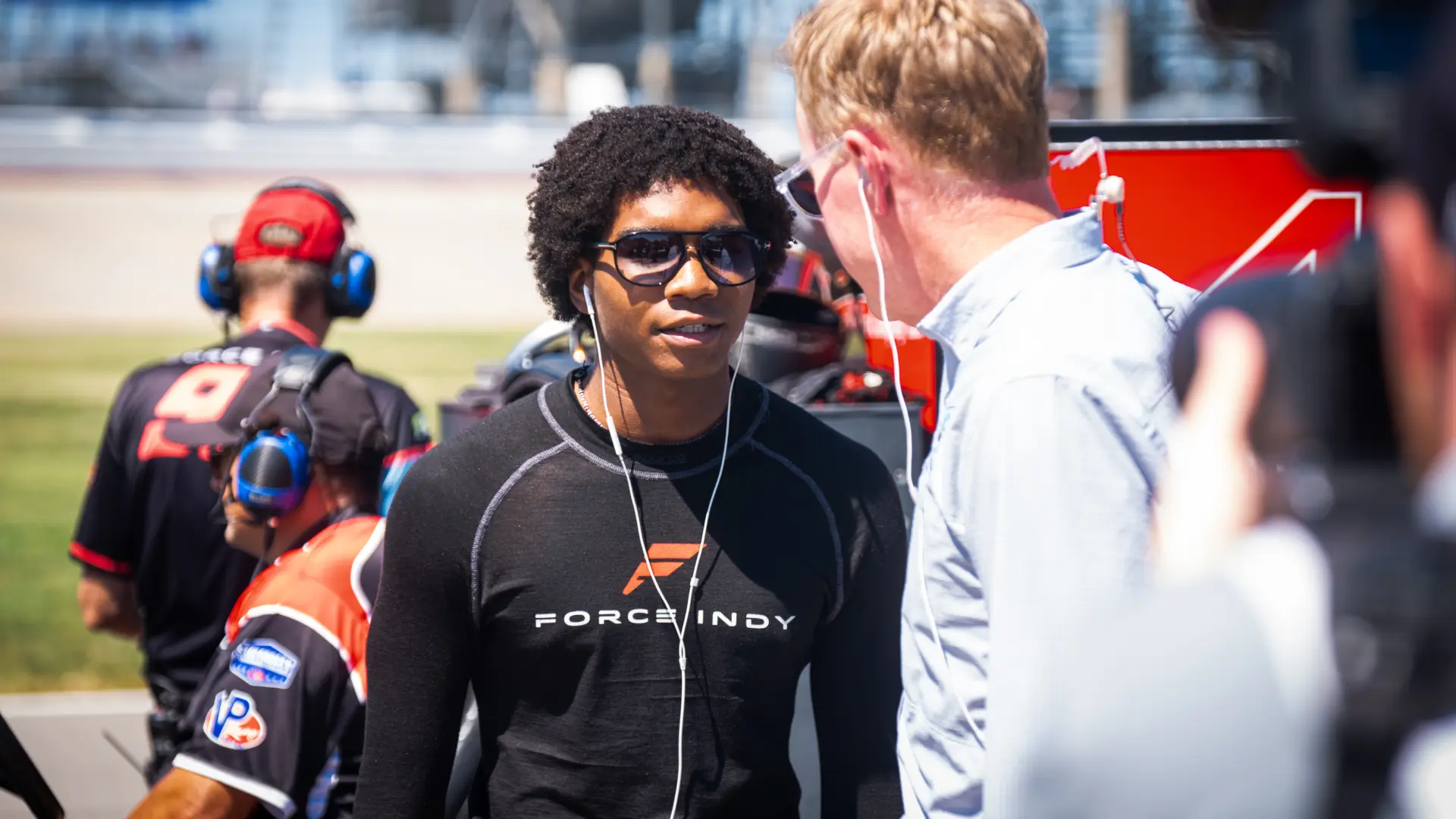
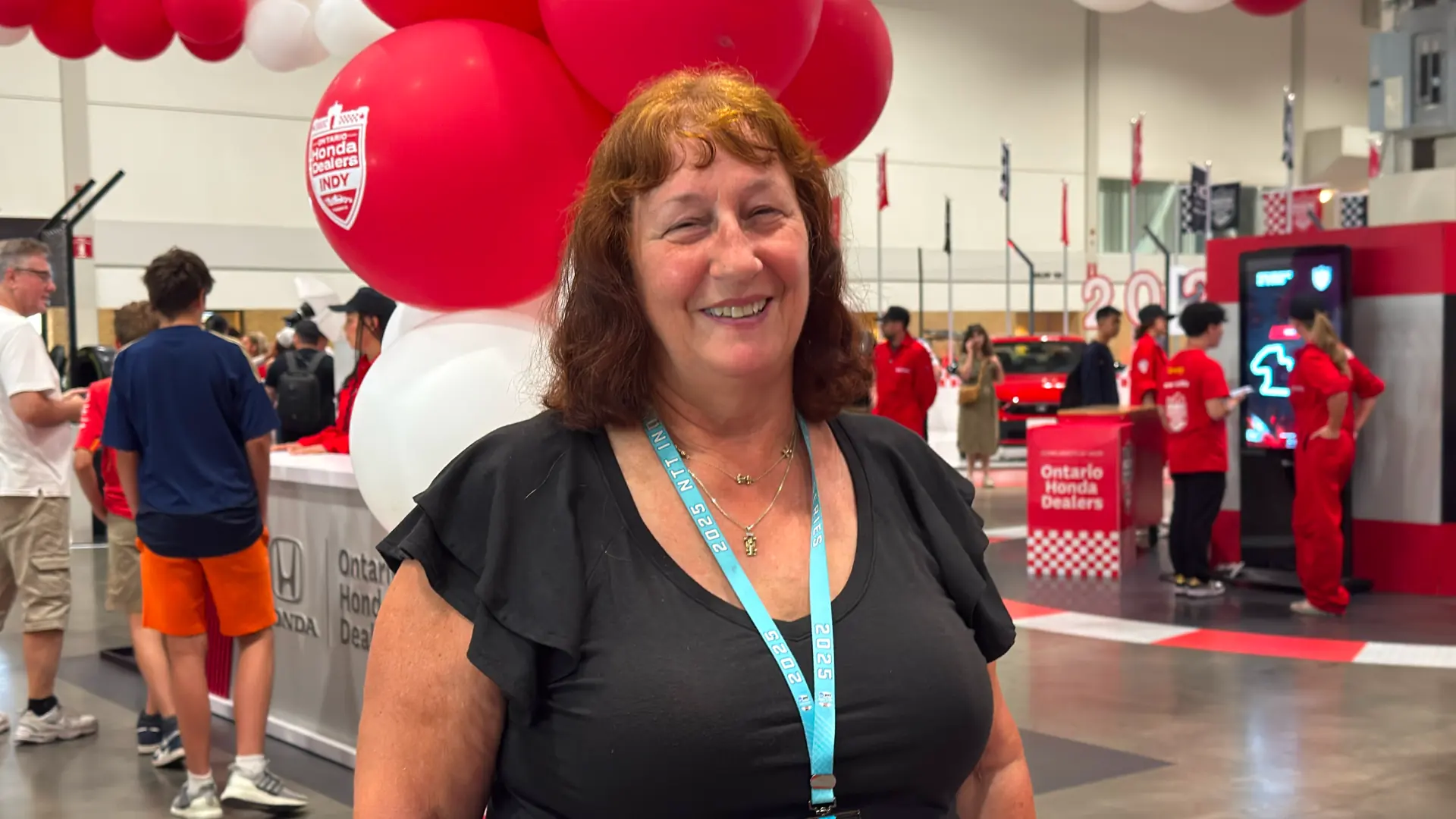

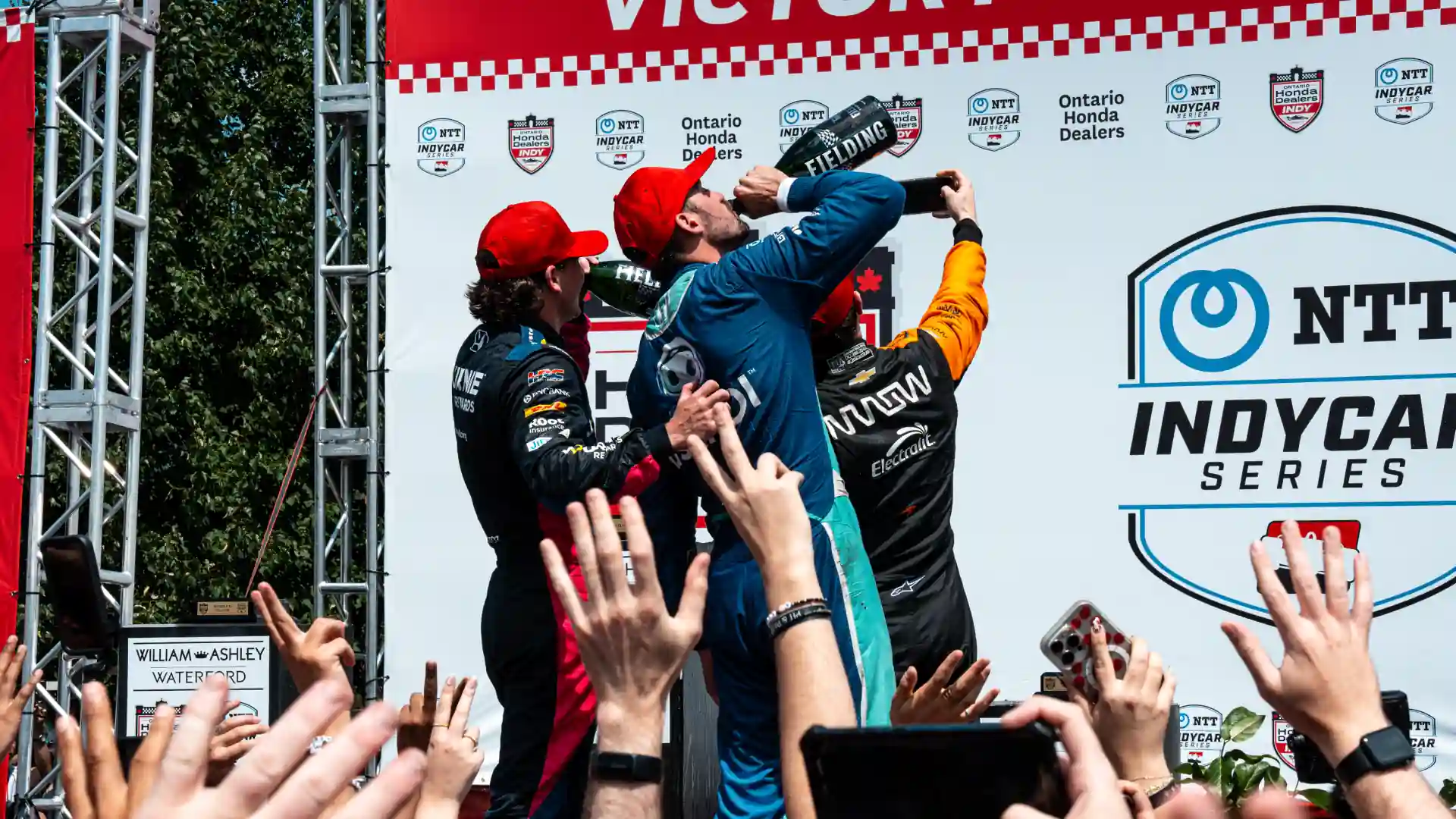
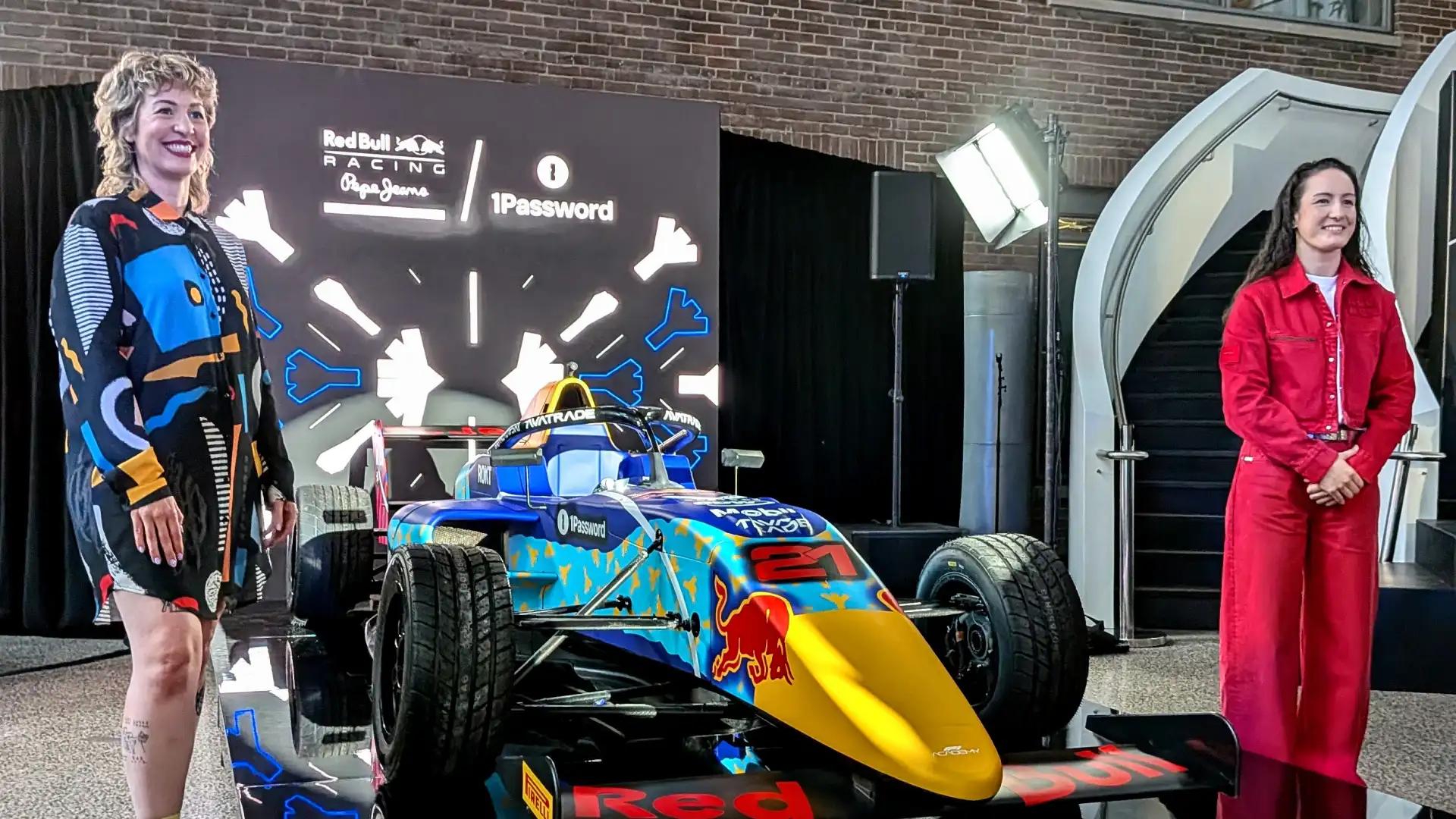
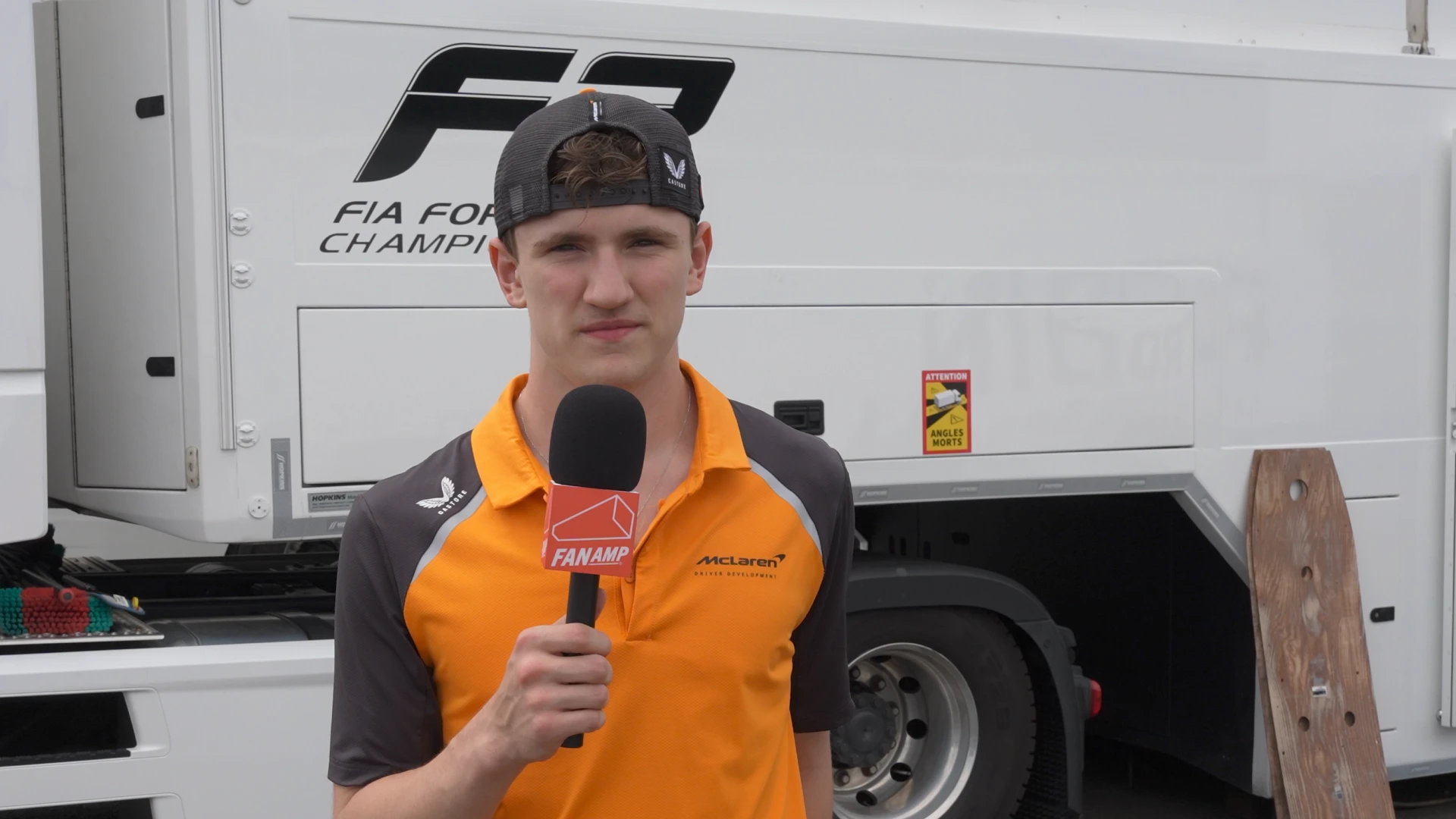
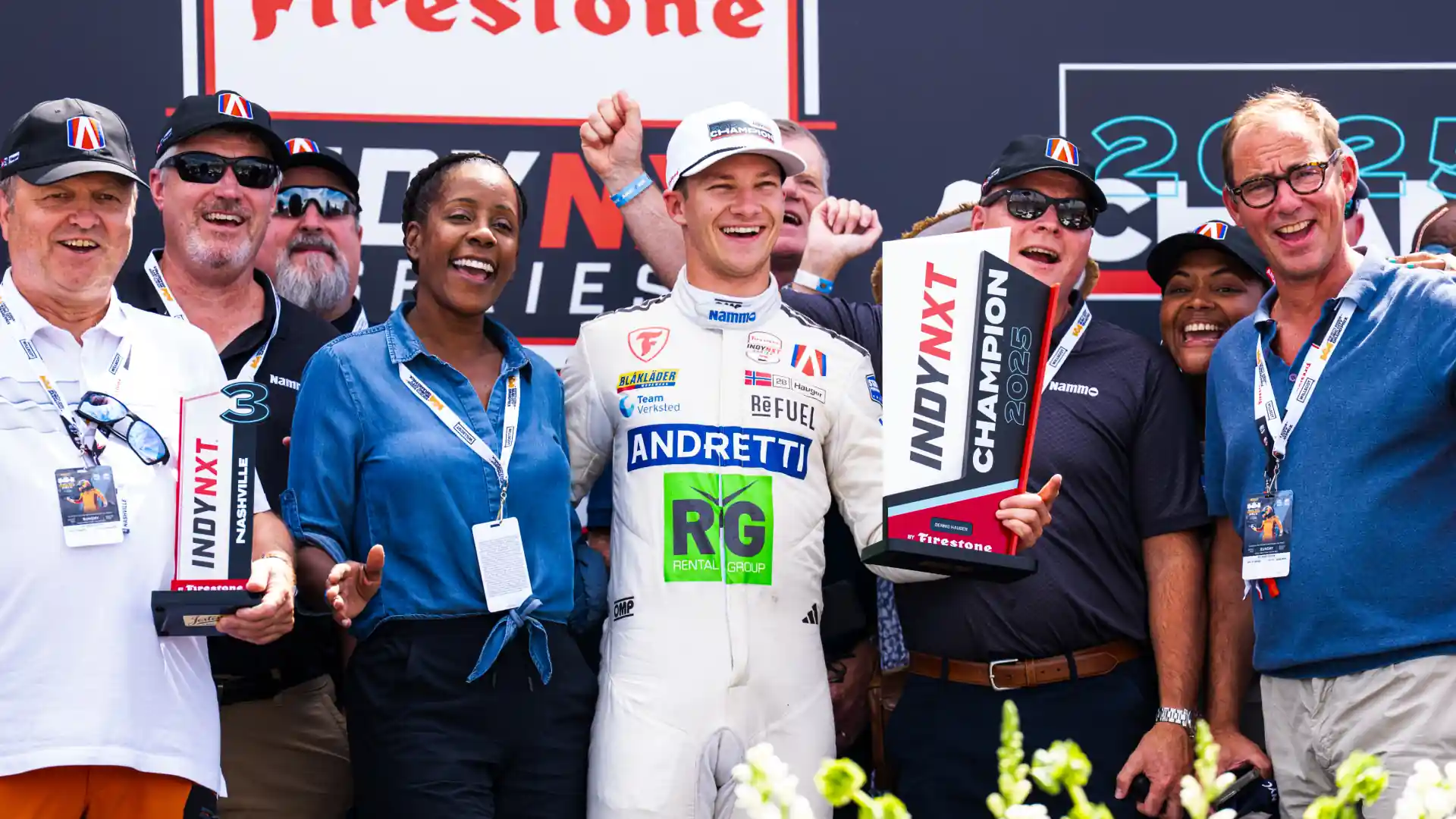
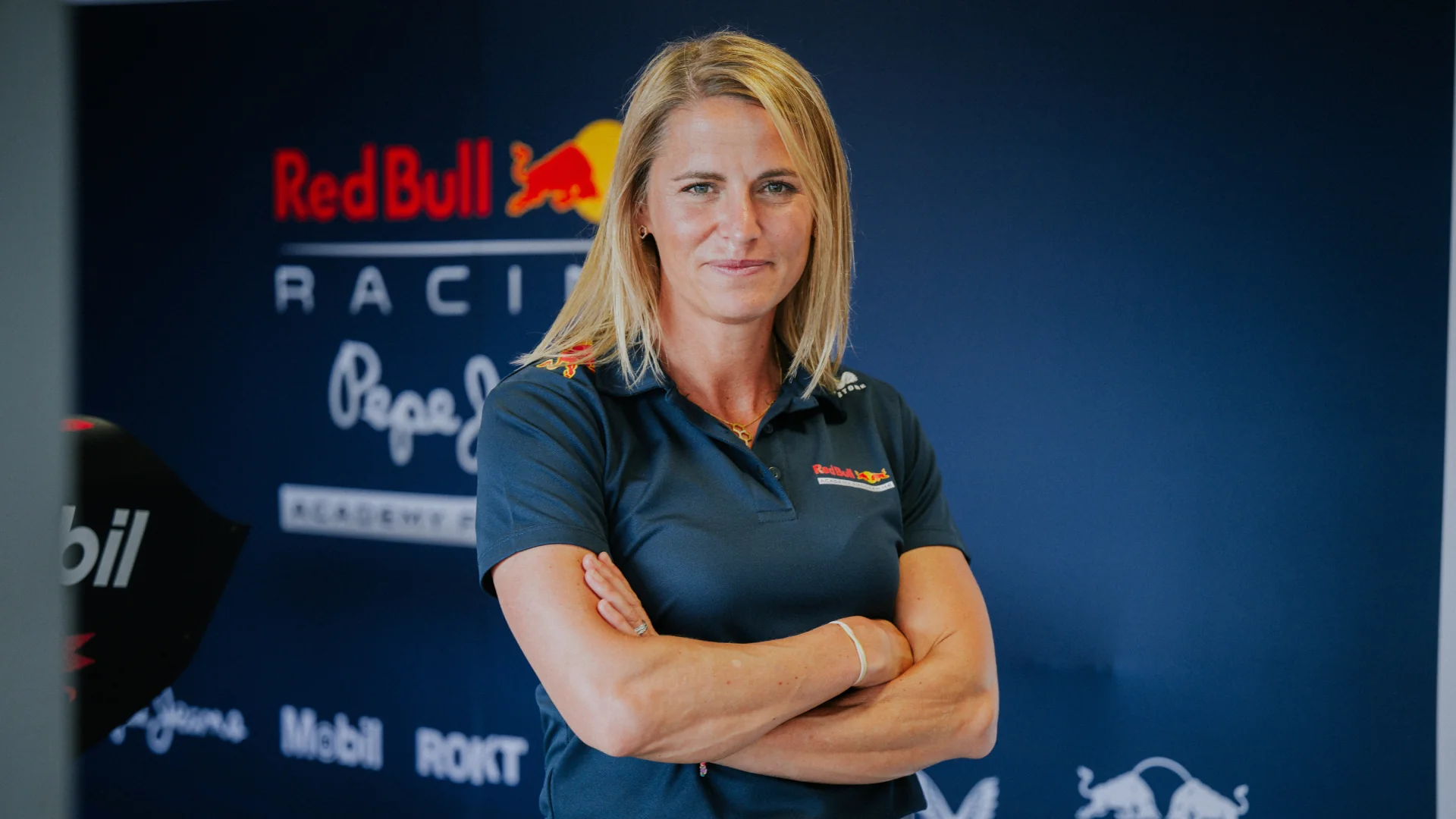
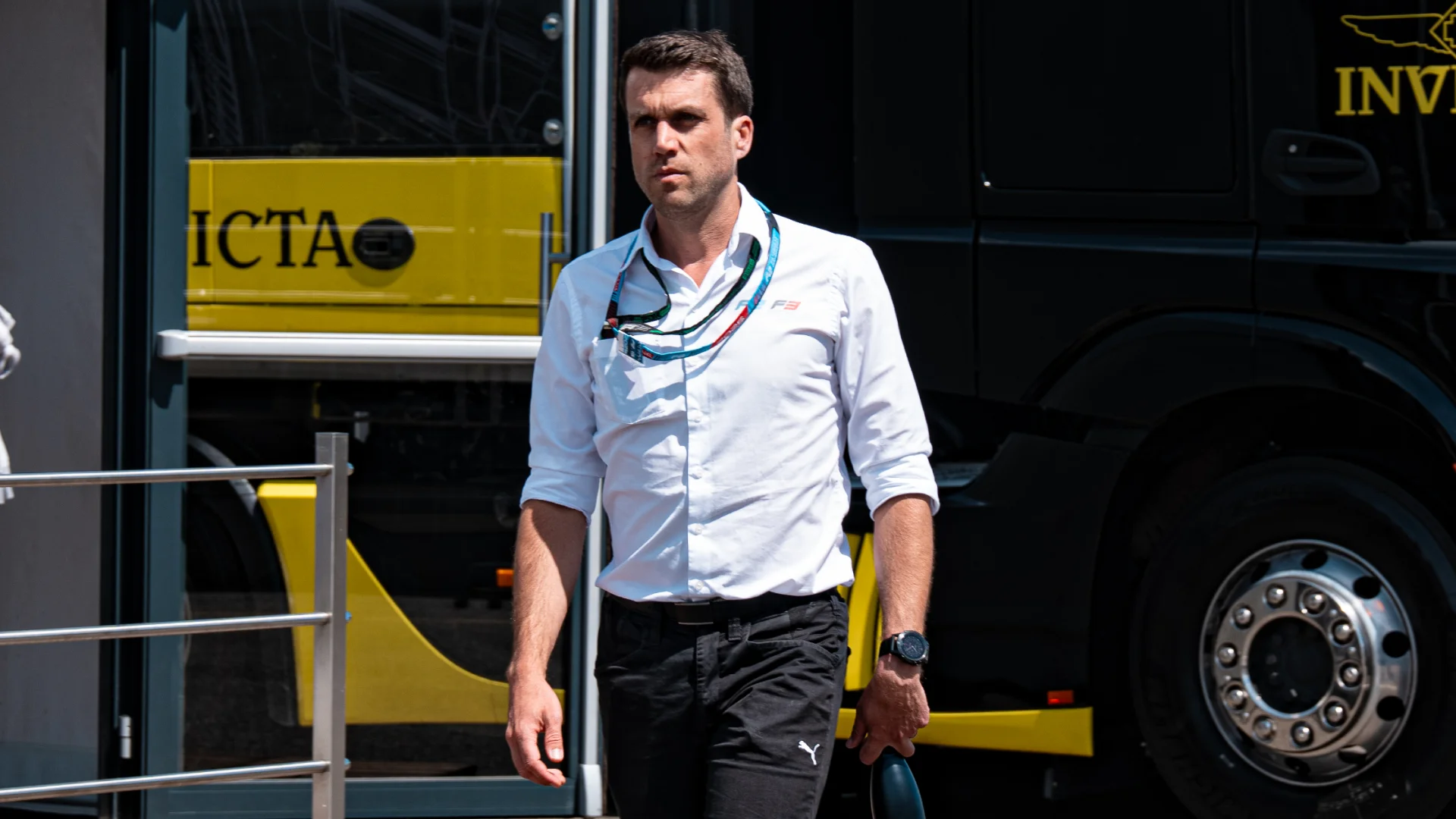

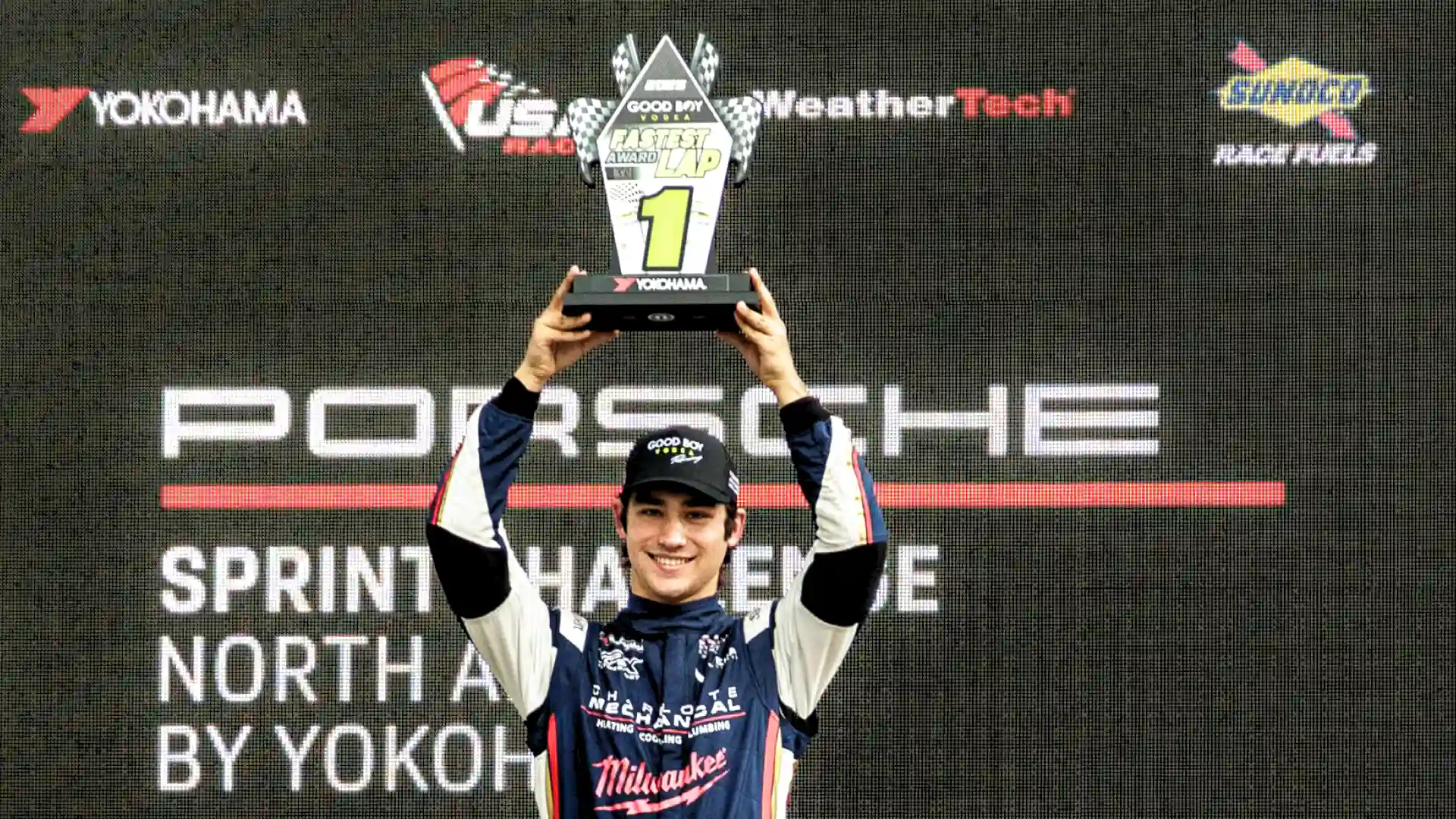
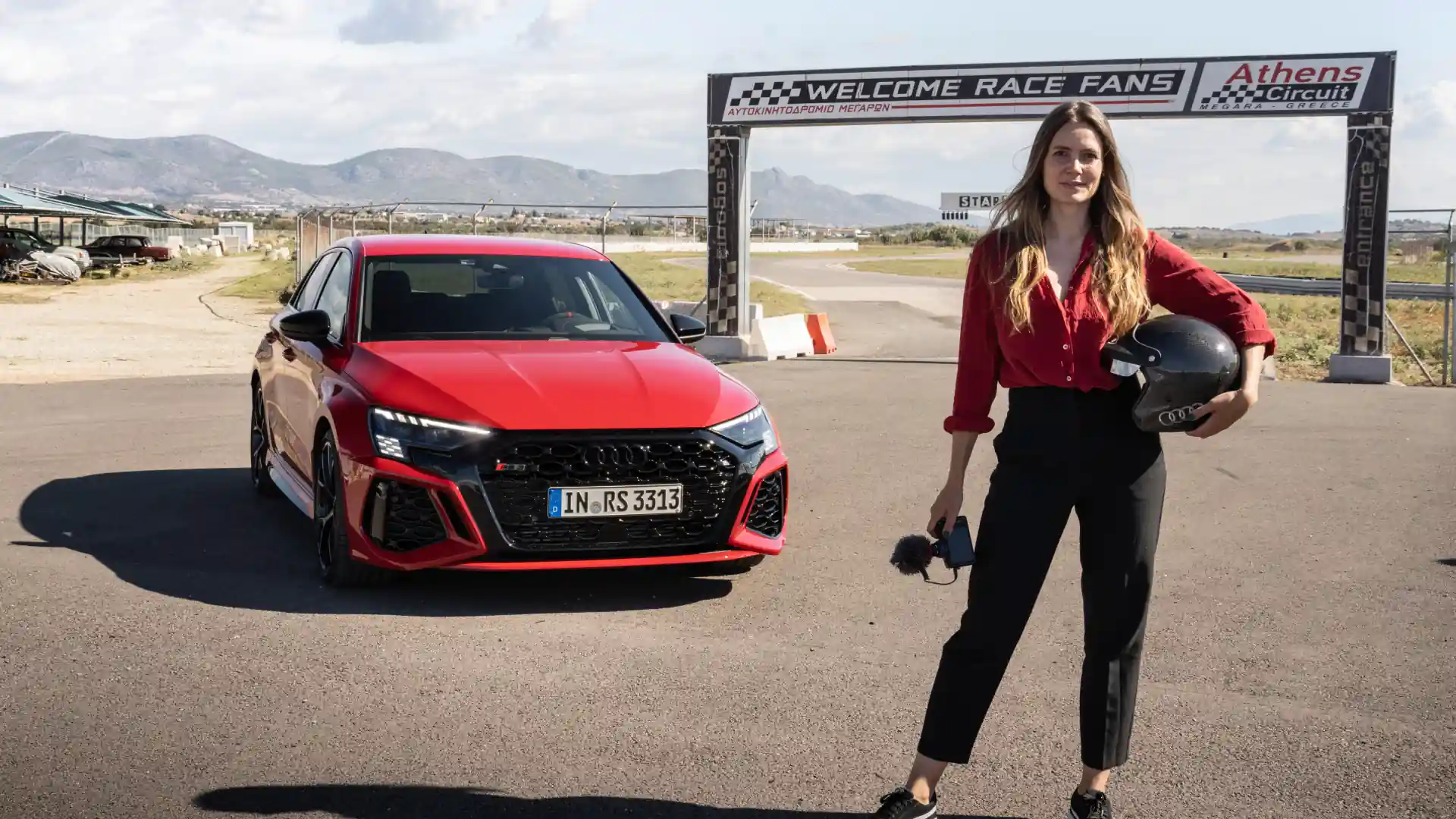
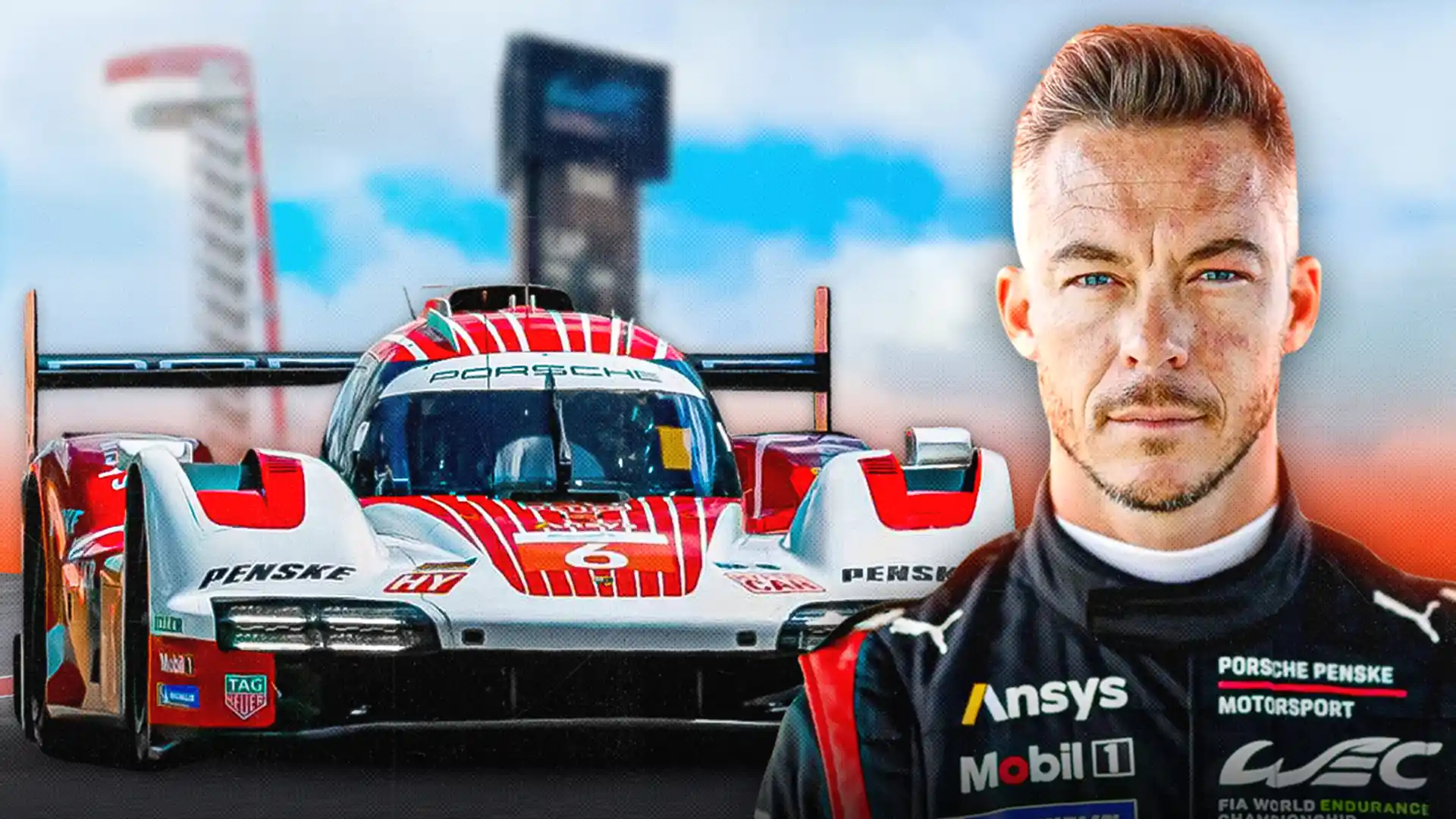
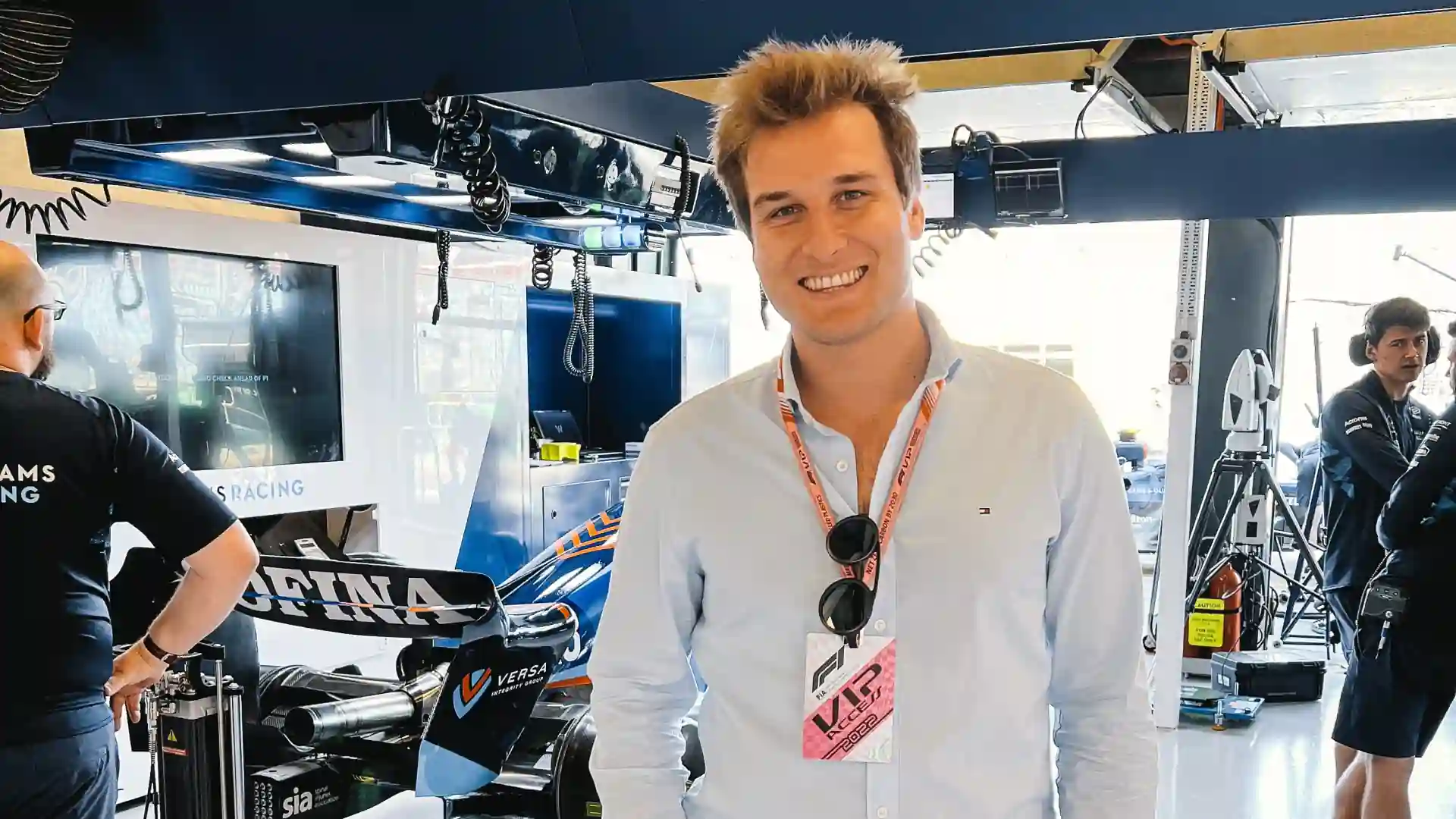
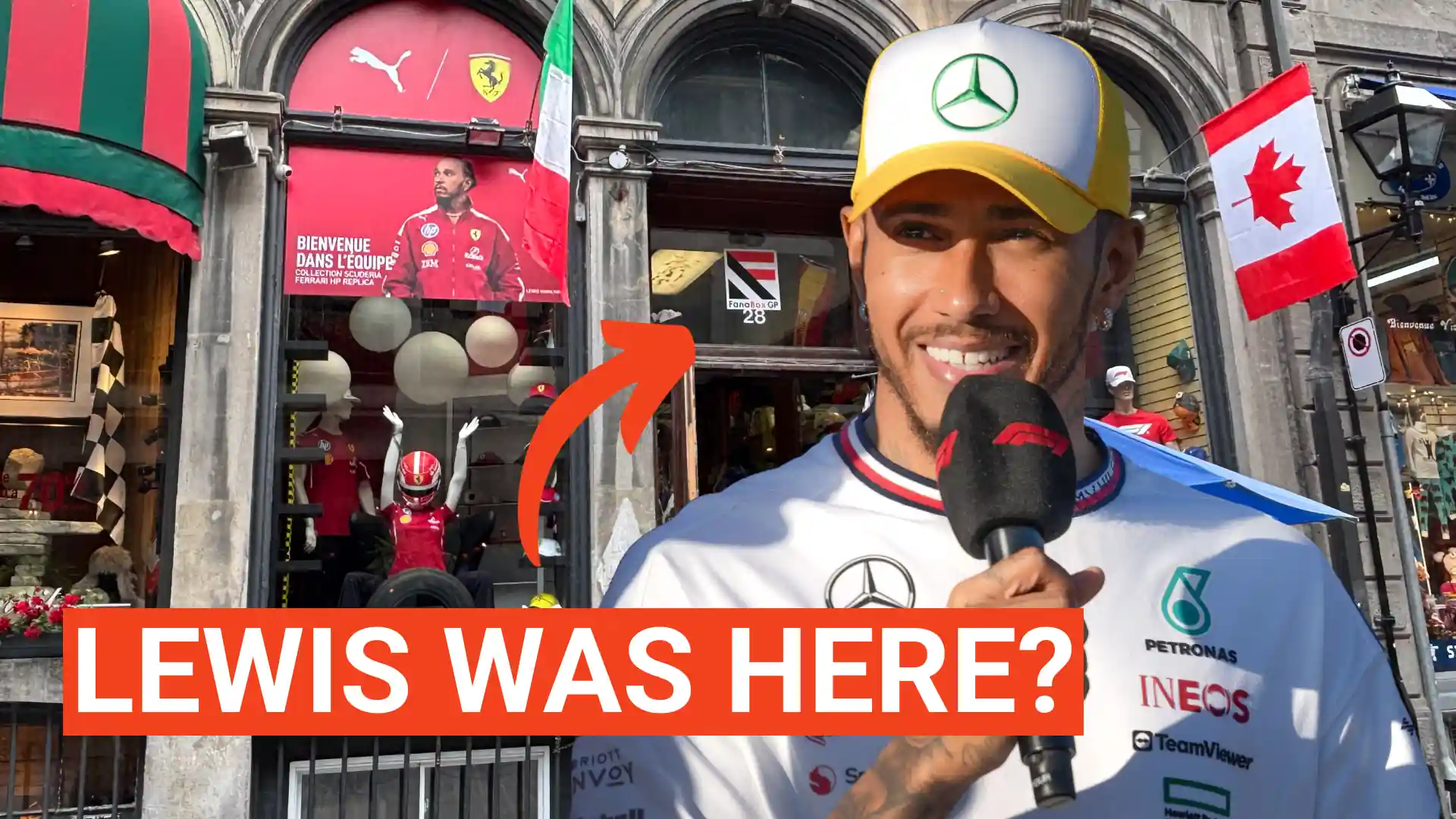
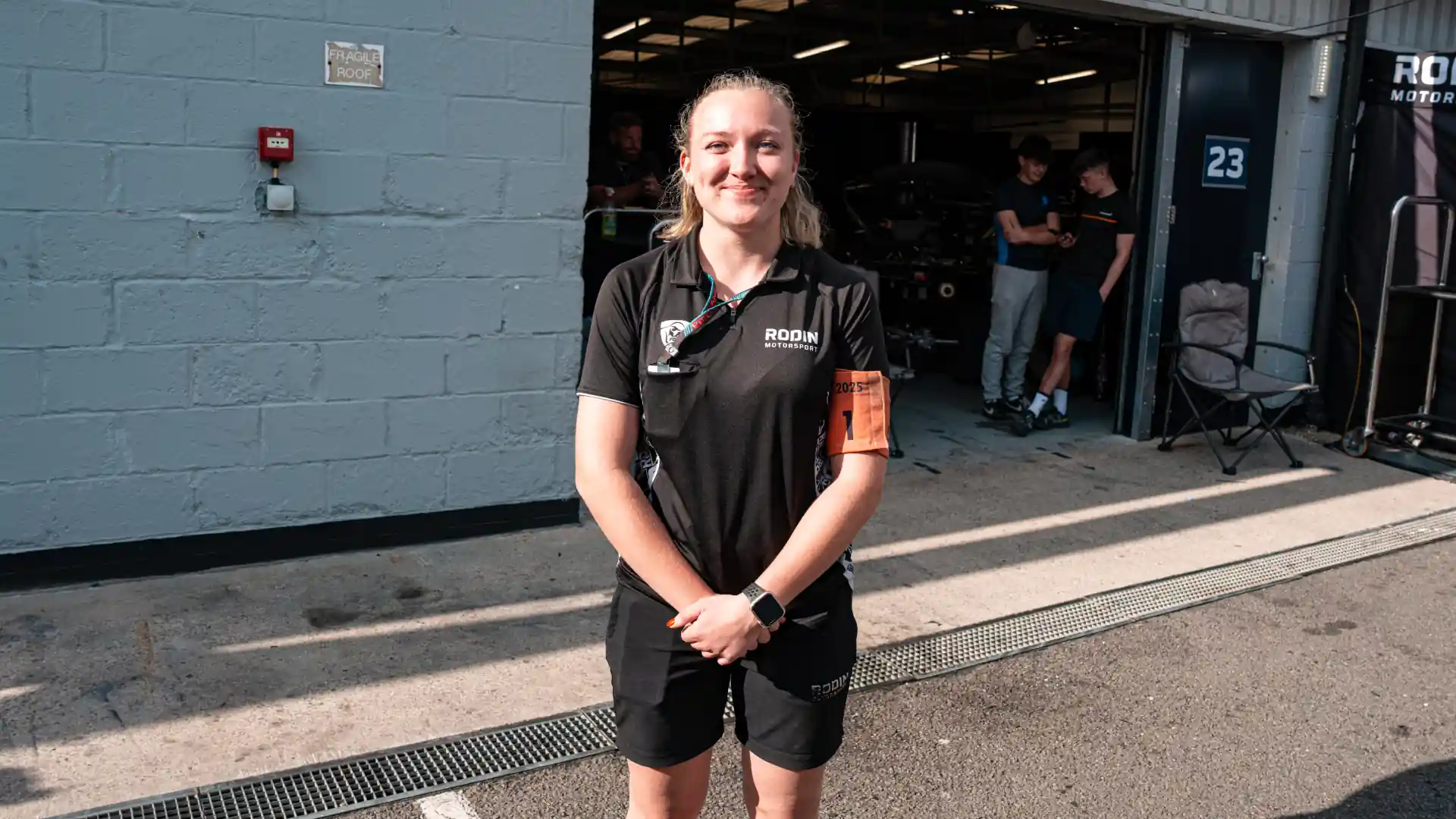
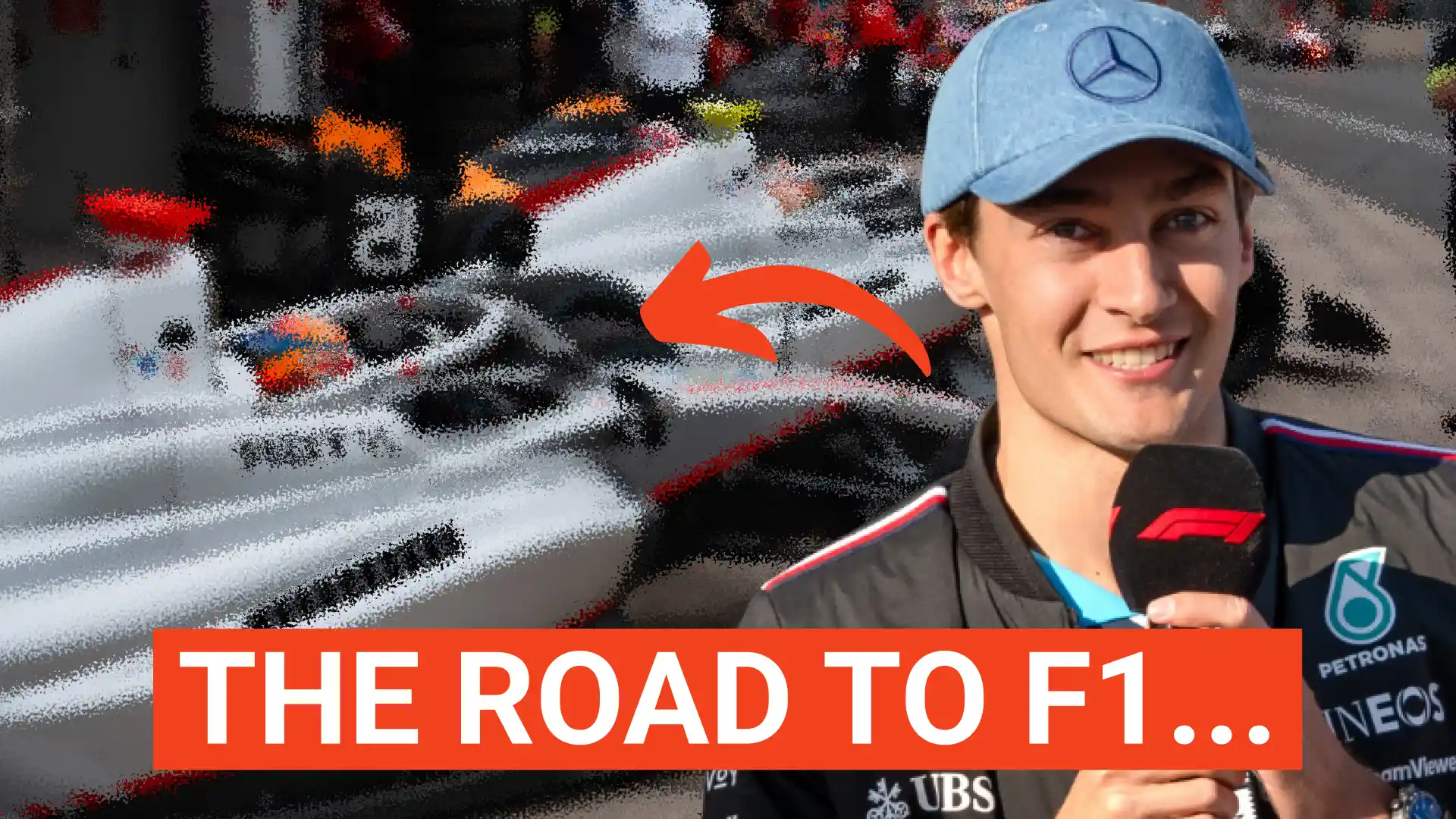
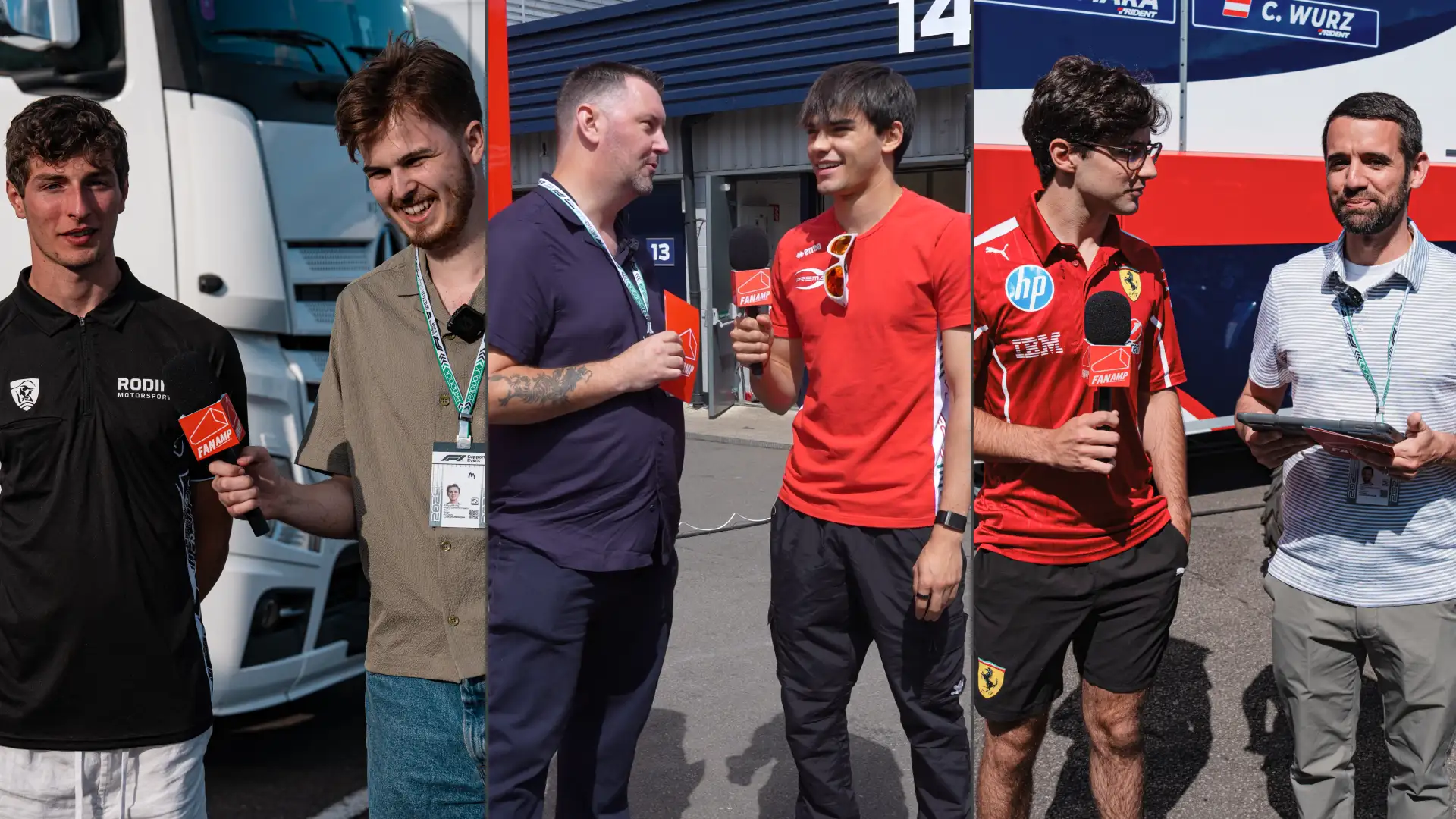
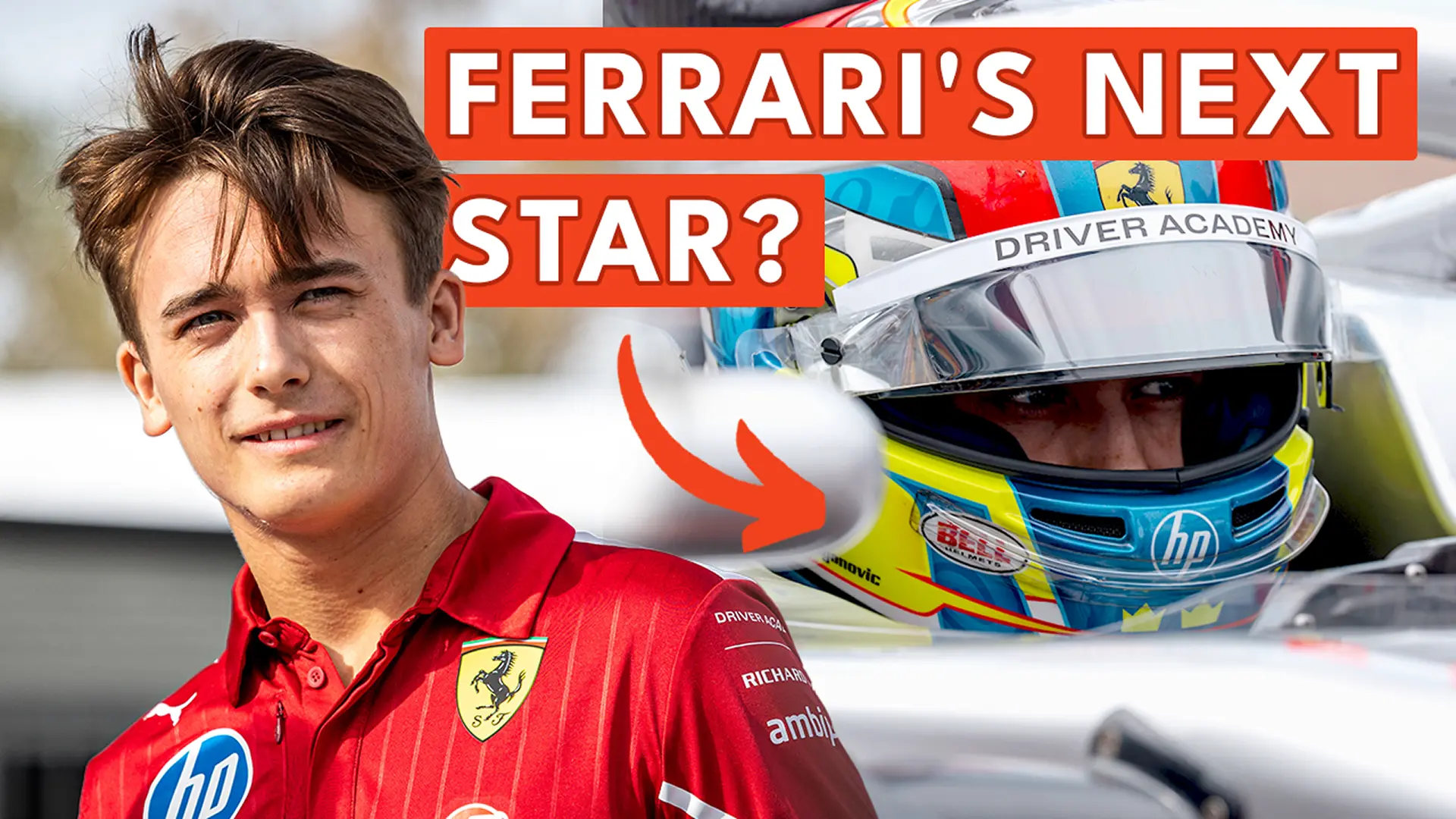
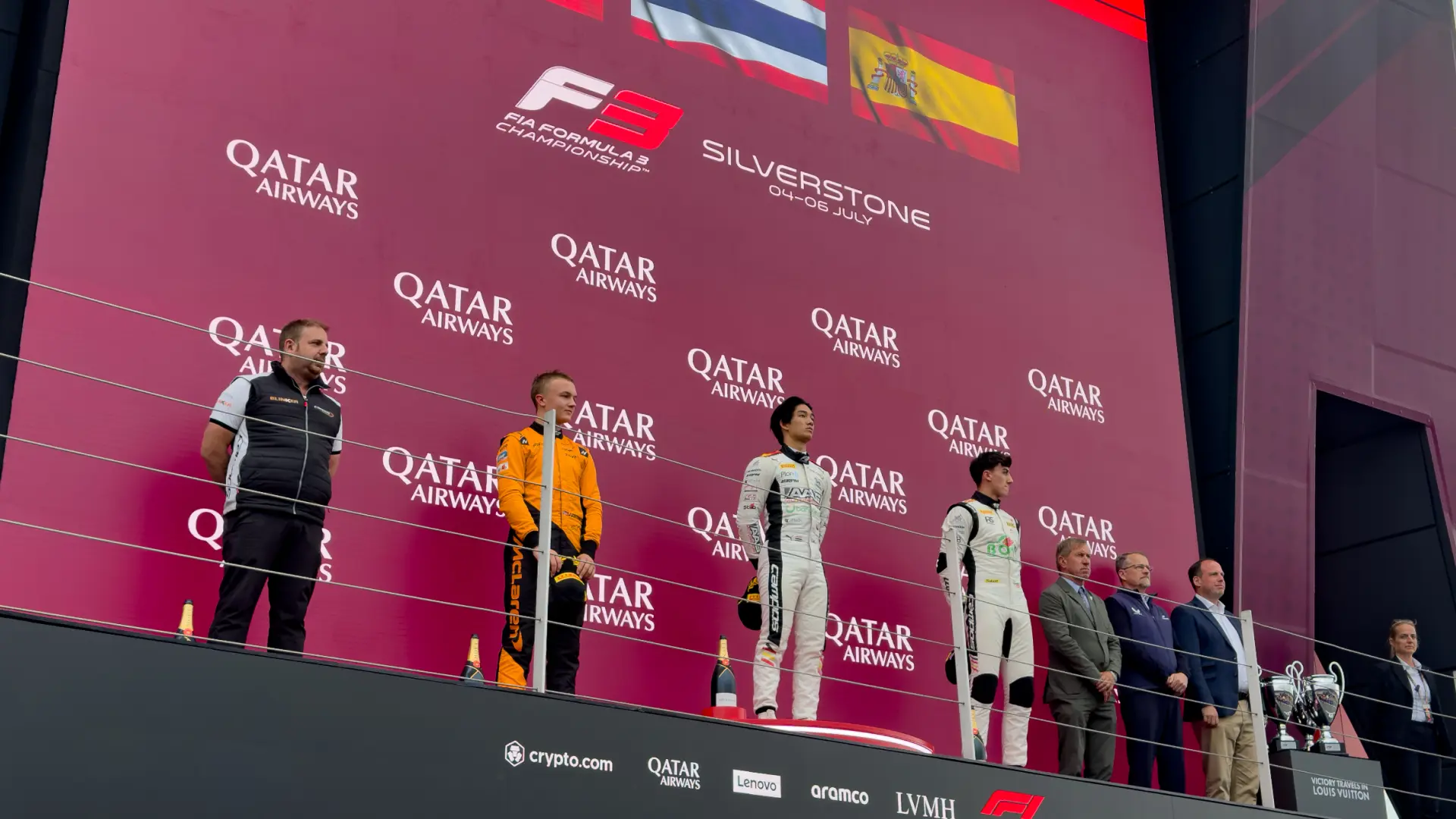
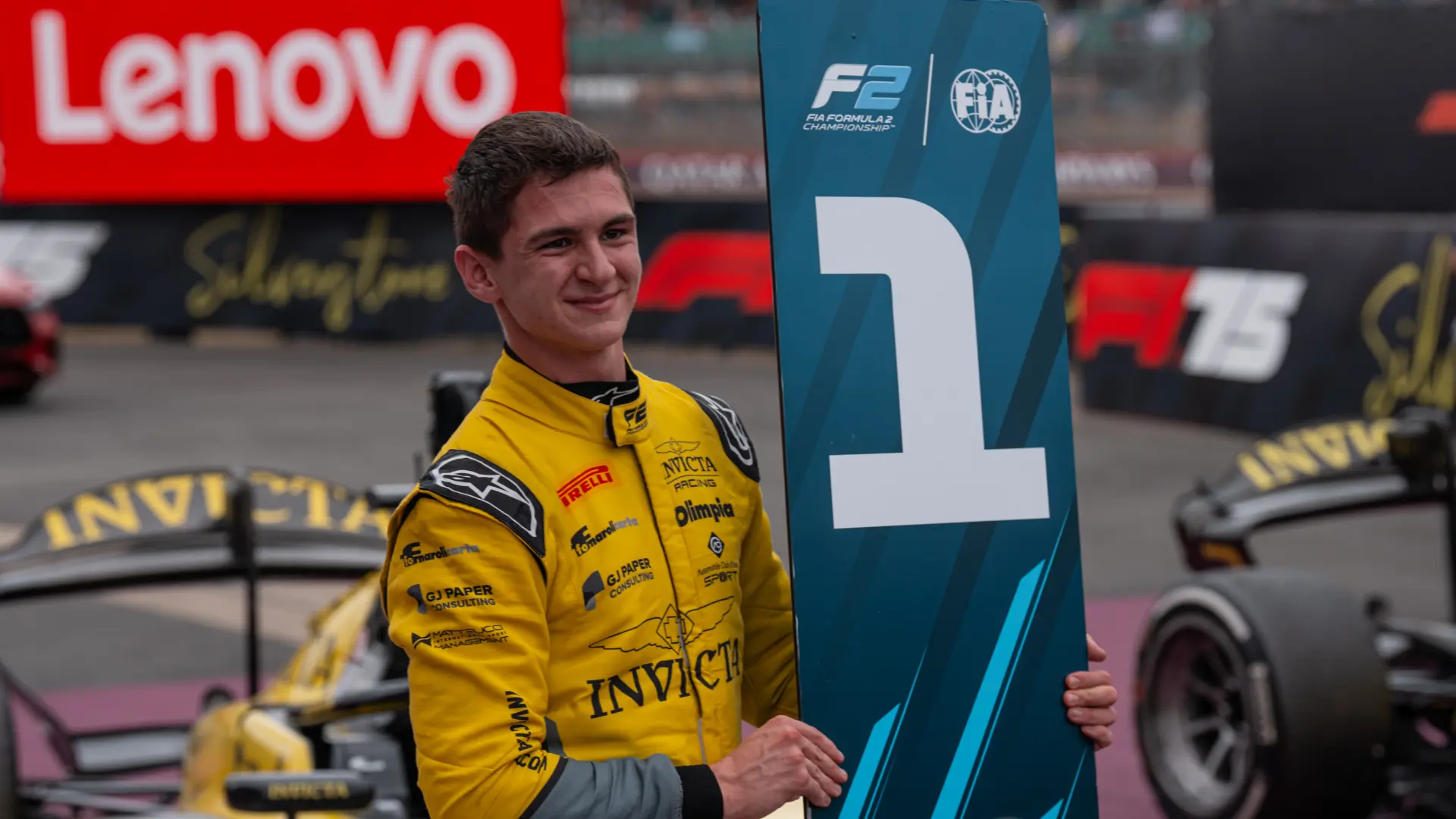



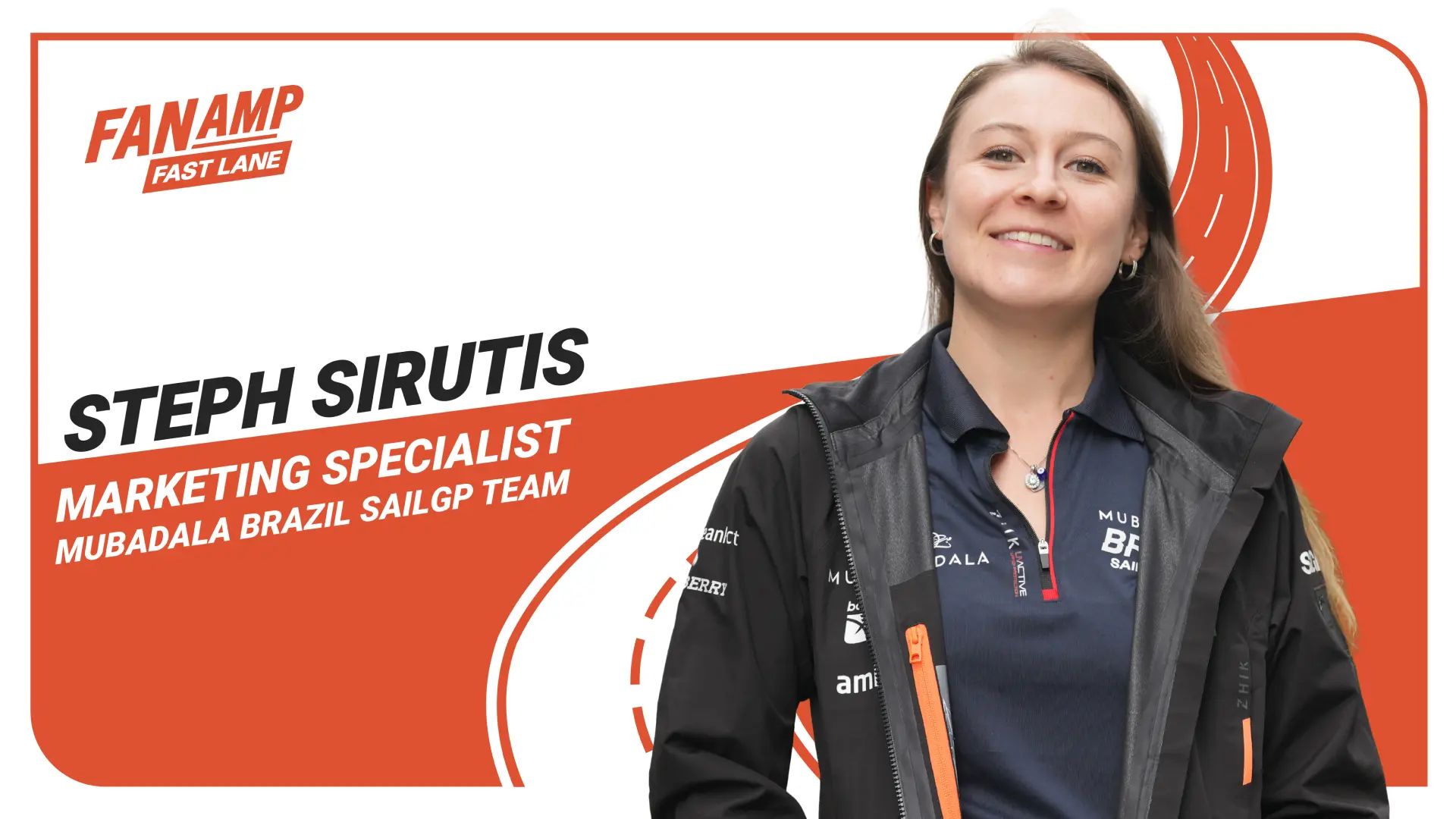








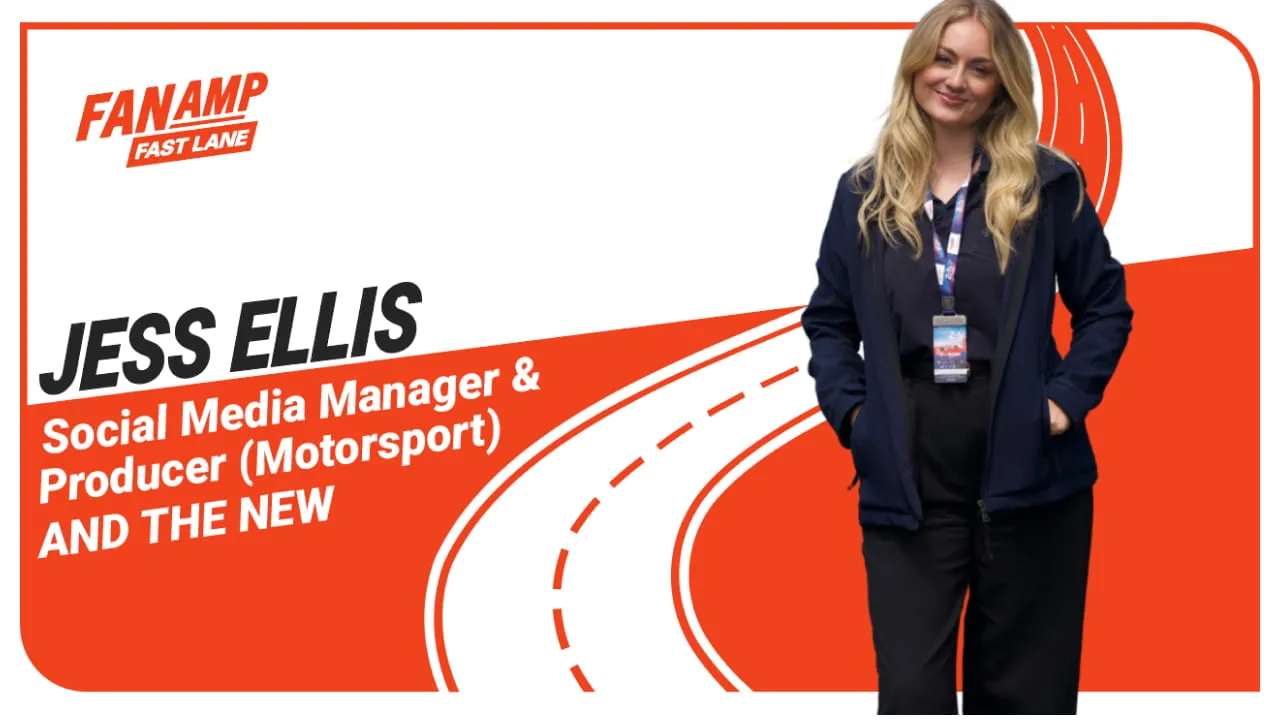

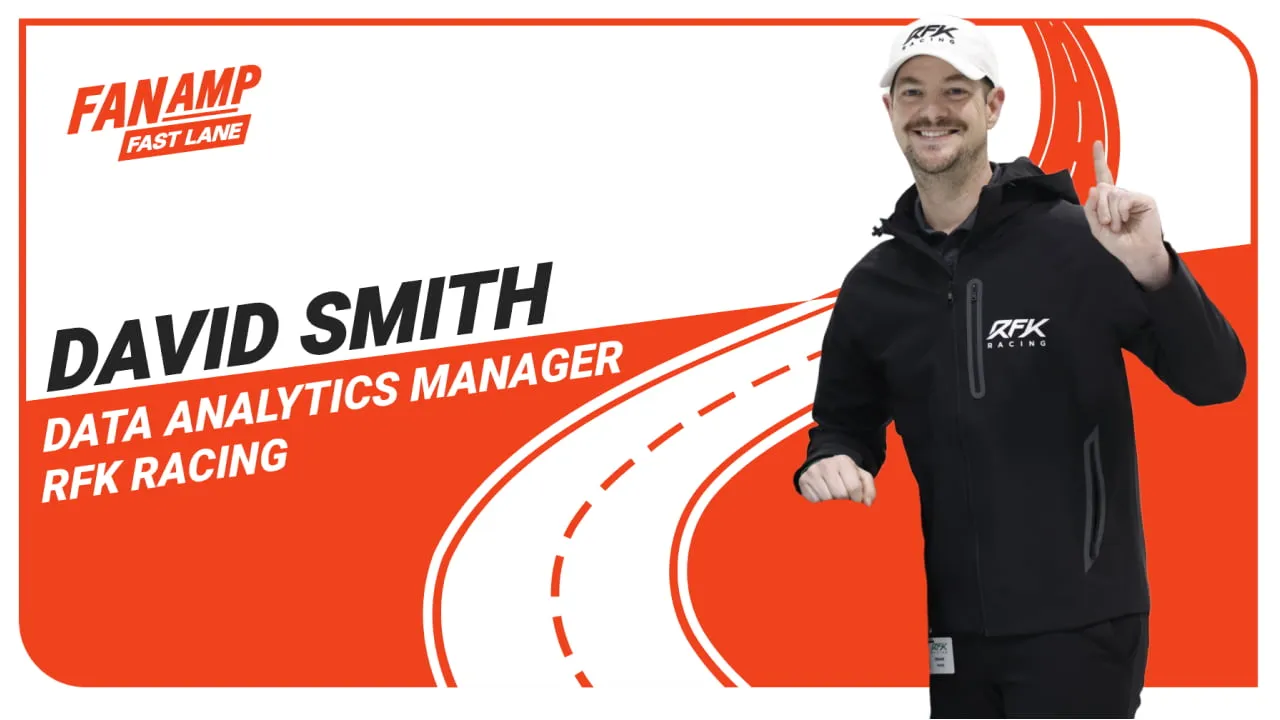
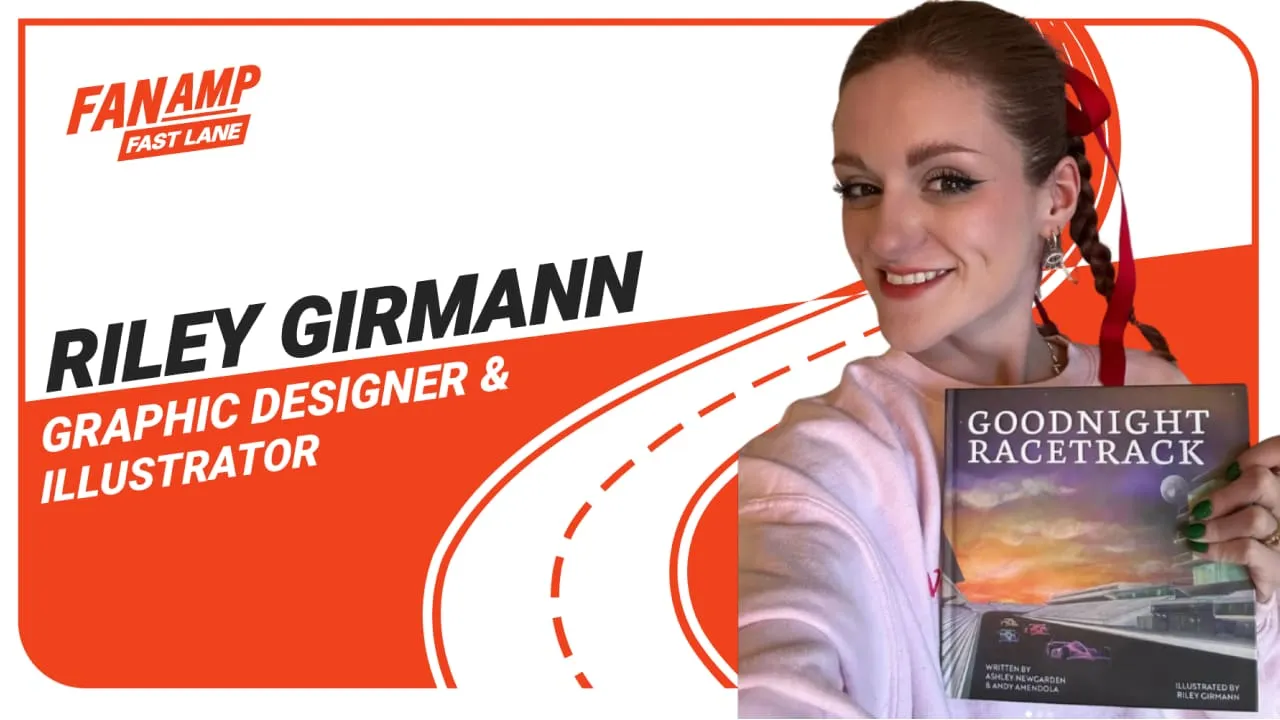

.webp)
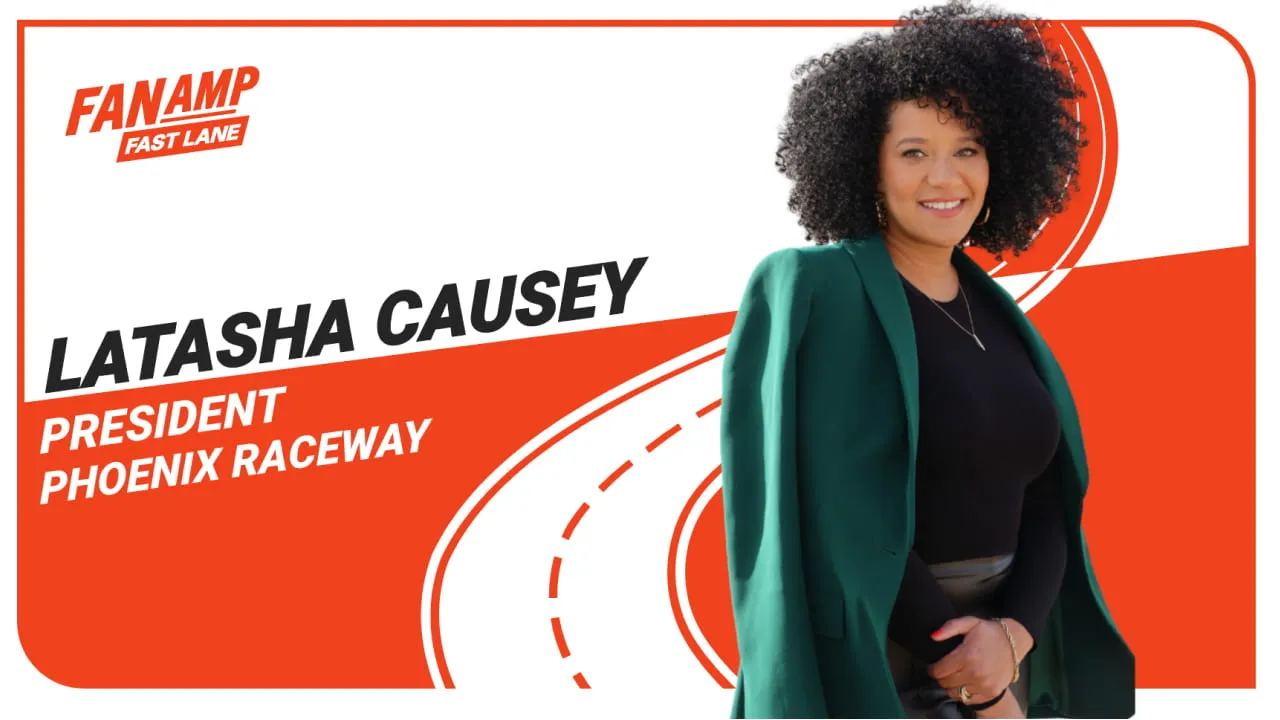




.webp)
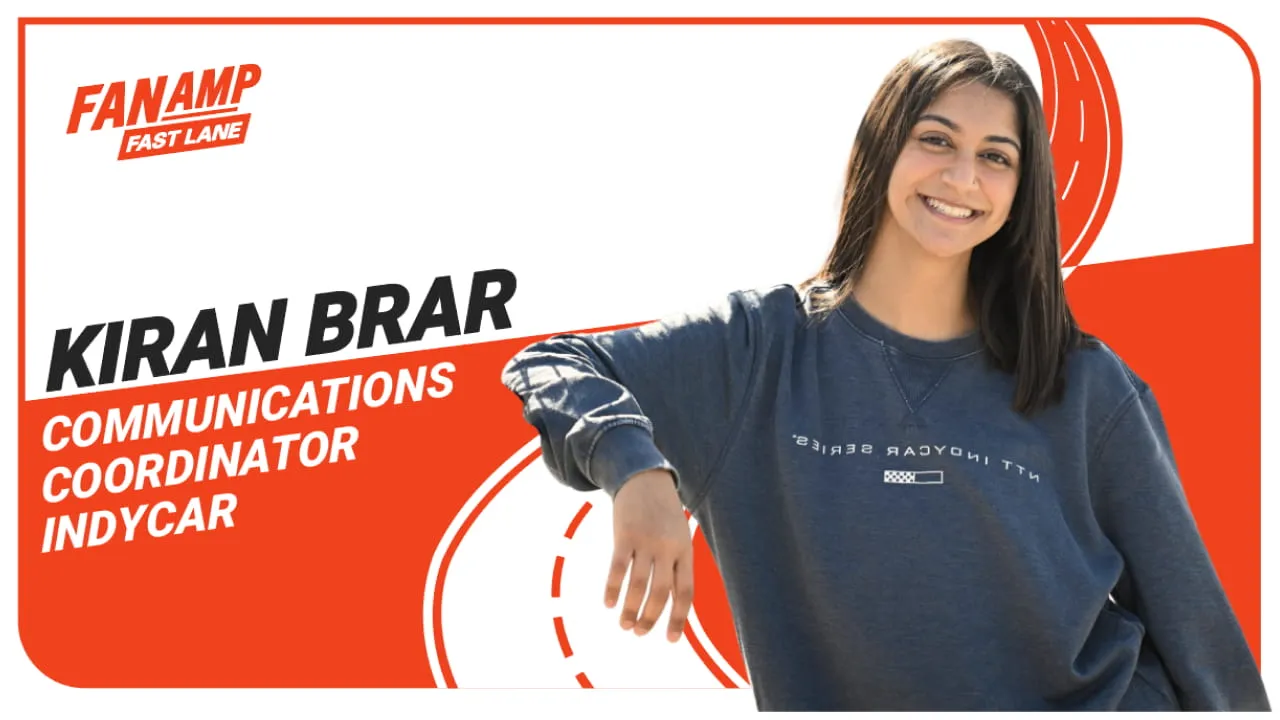








.webp)



